ACCAN acknowledges the need to actively promote equal access to all ACCAN events, consultations, submissions and other information. This reflects our principles of equal access and meaningful inclusion of people with disability. ACCAN strives to be a model in this field, for other not-for-profits, industry and government.
ACCAN endeavours to maintain its website in accordance with the WCAG 2.2AA guidelines and WCAG2.2AAA where possible. We welcome feedback on our content.

Change your text size
If you would like to increase the size of text you see on this website we recommend you use your web browser to zoom into the sites pages making the text larger while preserving the layout of the page. Here's how to do this for the most popular browsers;
Firefox
First, at the top of the Firefox window on the menu bar, click the View menu, scroll to the Zoom sub-menu and use the zoom controls as required.
Zoom with keyboard
- To increase the text size / zoom in, press and hold the "Ctrl" while pressing +.
- To decrease the text size / zoom out, press and hold Ctrl while pressing -.
- To reset your text size to default, press and hold Ctrl while pressing 0.
Mouse: If your mouse has a scroll wheel, press and hold Ctrl while scrolling up to decrease the text font size and down to increase it.
More about resizing in Firefox
Google Chrome
Open the "Customize and control Google Chrome" spanner icon (see image right). Use the Zoom controls to resize your text as required.
Zoom with keyboard
- To increase the text size / zoom in, press and hold the "Ctrl" while pressing +.
- To decrease the text size / zoom out, press and hold Ctrl while pressing -.
- To reset your text size to default, press and hold Ctrl while pressing 0.
Mouse: If your mouse has a scroll wheel, press and hold Ctrl while scrolling up to decrease the text font size and down to increase it.
More about resizing in Chrome
Microsoft Edge / Internet Exporer 7+
Zoom with keyboard
- To increase the text size / zoom in, press and hold the "Ctrl" while pressing +.
- To decrease the text size / zoom out, press and hold Ctrl while pressing -.
- To reset your text size to default, press and hold Ctrl while pressing 0.
In Internet Explorer 8 simply use the Magnifying glass in the bottom right corner of your browser frame.
More about resizing in Internet Explorer 8
More about resizing in Internet Explorer 7
Internet Explorer 6
To adjust the text size:
- Select menu item View > Text Size
- Click on the desired size. (The dot indicates the one currently selected.)
Download: ![]() How to use less data on your smartphone60.5 KB
How to use less data on your smartphone60.5 KB
Download: ![]() How to use less data on your smartphone124.99 KB
How to use less data on your smartphone124.99 KB
Smartphones can chew through your data allowance without you realising it. This can be because data-hungry apps are left open or simply due to default settings on your phone.
It can be very expensive if you go over your monthly data allowance. Our blog post on excess mobile data charges outlines what some of the telcos charge for going over your mobile data allowance.
Read more: How to use less data on your smartphone
Write comment (3 Comments)Have you received a text message like the one below informing you that you’ve subscribed to a subscription service and will be charged a fee for that service?
These types of messages don’t come from your telco and may result in charges being added to your phone bill. These charges are for third party services which means your telco is allowing another provider to sell content to you which you pay for on your phone bill. What you are buying can be phone apps, pay per view videos, games and other content. They can be one-off charges or ongoing subscriptions.
Read more: What to do if you get third party charges on your phone bill
Write comment (207 Comments)
Many companies offer gift cards as a convenient way for customers to purchase apps, books, movies, and video games from app stores. But as convenient as gift cards are for consumers, they are just as attractive to scammers who present them as legitimate payment methods in sophisticated scam scenarios.
Don’t be misled by these scams. Gift cards can only be used at the company they were issued for, not as payments for other goods, services, bills, or fines. If anyone ever asks you to pay them for anything in gift cards, it’s a scam. You should never be asked to share your gift card codes with anyone.
Read more: Protecting Yourself from Gift Card Scams
Write comment (0 Comments) Contact Us
Contact Us
We encourage you to talk to us before applying for an ACCAN Grant. The Grants Team is available to help develop your project idea, ensure it's within scope, and with enough notice, we may be able to review a draft and help you make the most of your application.
The best way to reach us is via email - let us know a good time & number to phone you, or simply pop your questions & project ideas into the email. We will get back to you as soon as we can:
Email: grants @ accan.org.au
Phone: 02 9288 4000 (ACCAN reception) or via the National Relay Service
Subscribe
To keep up to date with all things grants related and to better understand ACCAN's work, subscribe to the mailing lists below:
Download: ![]() Introduction to Social Media62 KB
Introduction to Social Media62 KB
Download: ![]() Introduction to Social Media326.36 KB
Introduction to Social Media326.36 KB
What is social media?
Social networking on social media websites involves the use of the internet to connect users with their friends, family and acquaintances. Social media websites are not necessarily about meeting new people online, although this does happen. Instead, they are primarily about connecting with friends, family and acquaintances you already have. The most well-known social media platforms are Facebook, Twitter, Instagram and LinkedIn. These websites allow you to share photos, videos and information, organise events, chat, and play online games.
Read more: Introduction to Social Media
Write comment (0 Comments) Download:
Download: ![]() Poor mobile reception: what can you do?58 KB
Poor mobile reception: what can you do?58 KB
Download: ![]() Poor mobile reception: what can you do?413.37 KB
Poor mobile reception: what can you do?413.37 KB
From time to time most of us will have a call drop out, delayed texts or slow internet on our mobile phone. But, if you regularly have mobile reception problems, then you are not getting the service you are paying for.
Read more: Poor mobile reception: what can you do?
Write comment (28 Comments) Recently ACCAN has heard increasing reports about fraudulent mobile number porting and identity theft.
Recently ACCAN has heard increasing reports about fraudulent mobile number porting and identity theft.
What is a mobile number porting scam?
Fraudulent mobile number porting happens when a scammer uses your personal details to port your mobile number from one provider to another. Scammers can get access to your personal details, such as your date of birth, phone number and address, via your social media profiles.
Read more: Fraudulent mobile number porting and identity theft
Write comment (78 Comments)The Australian Communications Consumer Action Network (ACCAN) is Australia’s peak communications consumer organisation representing individuals, small businesses and not-for-profit groups as consumers of communications products and services. ACCAN focuses on goods and services encompassed by the converged areas of telecommunications, broadcasting, the internet and online services, including both current and emerging technologies.
We aim to empower consumers to make good choices about products and services. As a peak body, ACCAN will represent the views of its broad and diverse membership base to policy makers, government and industry to get a better outcome for all communications consumers. Member groups include community legal centres, disability advocates, indigenous organisations, financial counsellors, regional organisations, farmers’ federations, parents groups, seniors organisations and other individual members.
The operation of ACCAN is made possible by funding provided by the Commonwealth of Australia under section 593 of the Telecommunications Act 1997. This funding is recovered from charges on telecommunications carriers.
ACCAN administers a Grant Program as part of its funding agreement with the Commonwealth Department of Communications. The aims of the Program are to support consumer research and representation that is aligned with ACCAN’s strategic plan.
Unwanted text messages can be incredibly annoying, especially when it feels like you can’t do anything to stop them. However, some text messages can be sent with the intent to cause harm and need to be treated with caution.
Scamwatch reports that Australians lost over $1.4 million to scam text messages in January alone. According to that report, text messages are now the most popular method for scammers to target people. While both the government and the telecommunications industry have announced that they’re looking into solutions for this problem, there are still a few things you can do to keep yourself safe.
Read more: Spotting Scam and Spam Text Messages
Write comment (75 Comments)
Download: ![]() Travelling overseas with a mobile phone50.95 KB
Travelling overseas with a mobile phone50.95 KB
Download: ![]() Travelling overseas with a mobile phone346.11 KB
Travelling overseas with a mobile phone346.11 KB
If you are travelling overseas and would like to use your mobile phone you have a number of options to consider.
Read more: Travelling overseas with a mobile phone
Write comment (2 Comments)
Fixed wireless broadband provides internet using an antenna dish installed on your house.
Here are some that we are aware of:
- Acenet AirStream (NSW Southern Highlands)
- Aussie Broadband (Gippsland, Western Victoria, South Australia)
- Beam Internet (Barossa Valley and Regional SA)
- BITS wireless
- Bitwave Networks (NSW – Parks)
- Clear broadband (Perth, Tasmania, Brisbane, Melbourne and Adelaide)
- Clearstream Broadband (QLD – Brisbane, Ipswich, Lockyer Valleys)
- Countrytell (NSW- Hunter, Mid North Coast)
- Dreamtilt (QLD)
- DCSI (West Gippsland)
- Gtelecom (Greater Melbourne area)
- iiNet WiMax (South Australia)
- Just IP (regional NSW and Queensland)
- Lightning Broadband
- Next Gen Wireless (Queensland and Northern Territory)
- Node1 (Geraldton, Walkaway, Dongara and Perth)
- NuSkope (South Australia)
- Red Broadband (Western Australia)
- Red fox (QLD)
- Shoalhaven Internet (NSW - Shoalhaven)
- Speedweb (VIC - Morewell, Traralgon, La Trobe Valley)
- Splash Internet (NSW Eden area)
- Tasmanet (Tasmania)
- The Signal Co (Canberra)
- Wires Broadband (Gold Coast, Sunshine Coast and Northern New South Wales)
- Wi Sky (regional NSW and Queensland)
- Uniti Wireless (Adelaide)
- YLess4U (ACT)
- Yourhub (Townsville, suburbs and surrounding areas)
Our 2016 Conference is all about equipping consumers with the tools they need to get and stay connected to communications services. We have identified three key areas where consumers need better tools. Please share your responses with us on any of the questions below:
- What legal protections do consumers need to help them get/stay connected?
- What information needs to be more widely accessible to consumers?
- How could products be better designed to suit consumer needs?
Executive
 |
Carol Bennett, Chief Executive OfficerAs CEO, Carol oversees all of ACCAN's work and operations. She is a highly respected leader with a strong track record of delivering positive change for consumers and communities in all her previous CEO roles. She has outstanding expertise in strategic decision-making, communications, advocacy, stakeholder management, financial performance, collaboration building, government relations and corporate governance. Carol has held senior executive and board positions with national peak bodies in the health sector. Most recently, she was CEO of the Alliance for Gambling Reform from 2021 until commencing at ACCAN in mid-2024. |
|
 |
Gareth Downing, Deputy Chief Executive OfficerGareth oversees a team responsible for ACCAN’s policy work, community engagement and membership. His career has focused on policy and regulation and he has worked on policy across a number of regulated sectors including telecommunications, energy and water. Gareth is committed to advancing consumer’s interest through his leadership of ACCAN’s policy team. Gareth has previously sat on the ACCAN board, and prior to that worked for ACCAN in the role of Senior Policy Analyst providing advice on a wide range of policy, economic regulation and pricing matters. Gareth holds tertiary qualifications in policy, economics and law. |
|
Staff
|
|
Joanna IfieldJoanna Ifield is ACCAN’s Director of Policy. Joanna has worked in senior leadership roles in financial services consumer protection regulation, including compliance monitoring under industry self-regulatory frameworks. She has had a long career in consulting, providing pricing and infrastructure economic regulation advice to regulated businesses in energy, water and transport sectors, as well as government agencies on regulatory policy and reform projects. Joanna has built strong relationships with consumer advocates and representatives, working collaboratively to improve outcomes for consumers.
|
|
 |
Alec BennettsAlec Bennetts is ACCAN's Media and Communications Officer. He oversees external ACCAN communications, including media releases, newsletters, website content, and member communications, and ensures ACCAN is well-represented in national and local media. Alec has previously worked in policy research and political communications. He holds a Bachelor of Arts from the University of Sydney.
|
|
 |
Elise AcklandElise has always had a keen interest in technology and harnessing its potential, particularly for people with disabilities and seniors. Living with a physical disability herself, Elise uses that lived experience and her keen interest in technology to empower people, encouraging them to seek out positive ways for assistive technology to enhance and support their lives. Elise’s knowledge and skills have been built up over decades of experience supporting Australians with internet access, assistive technologies, and communications devices. Her career has included supporting Australians with the switchover to digital TV, the rollout of digital radio, assisting people with different abilities to get online, and more recently in the nonprofit sector, training volunteer cancer survivors to use virtual meeting technology to share their important stories with Australian medical schools. The Accessible Telecoms project is a great fit to share her skills and knowledge with people who may be struggling to keep up with the advancements in telecommunications and assistive technology.
|
|
 |
Con GouskosCon Gouskos leads ACCAN’s work on telecommunications consumer protections. Con regularly engages with financial counsellors and community legal centres concerning telecommunications consumer protections. Con holds a degree in International Studies from the University of New South Wales and a Certificate IV in Government from TAFE. He is currently working towards a Master of Administrative Law and Policy at the University of Sydney.
|
|
 |
David HackDavid is a graduate policy and research officer working in ACCAN’s policy team to advocate on communications issues and provide coordination assistance for ACCAN’s grants program and commissioned research. David holds a Bachelor of Information Communication Technology from Western Sydney University and previously worked in the IT sector before an interest in economics and policy led to further studies in that field. He holds a graduate certificate in behavioural economics and will soon complete a Masters in Behavioural Economics from the University of Technology Sydney.
|
|
 |
Sam KininmonthSam Kininmonth leads the ACCAN policy team’s research work and engagement with the research sector. An experienced consumer advocate, Sam previously worked as a lecturer at the University of Melbourne and RMIT University. He holds a Bachelor of Arts (Honours) from Swinburne University of Technology and a Bachelor of Communication (Distinction) from RMIT University. Sam is completing a PhD on digital media and automation in the ARC Centre of Excellence for Automated Decision-Making and Society at RMIT University.
|
|

|
Rebekah PalmerRebekah Palmer is ACCAN's Communications and Policy Officer, leading social media and marketing efforts while supporting the organisation's communications strategy. She also contributes to the policy team, focusing on consumer protections. Rebekah holds a Bachelor of Communications (Honours) from the University of Technology Sydney.
|
|
 |
Dr Amelia RadkeDr Amelia Radke leads ACCAN's work on digital inclusion, with a particular focus on issues relating to the affordability and accessibility of services for First Nations Australians, regional, rural, and remote Australia, and vulnerable consumers. She has extensive experience in policy and research both in academic and non-government settings. She holds a Bachelor of Arts (Honours) in anthropology and a PhD in legal anthropology from the University of Queensland.
|
|
 |
Audrey ReochAudrey Isadora Reoch is Director of Economic Regulation and leads ACCAN’s engagement with NBN Co on their proposed expenditure, revenue, pricing and service levels for broadband services. Audrey has worked across several fields in infrastructure and regulatory economics through her work at ACCAN and the federal infrastructure and communications departments, where she represented Australia in the Universal Postal Union and International Telecommunication Union. She holds an MA in Social and Political Thought from the University of Sussex and an Honours Degree in Political Economy from the University of Sydney.
|
|
 |
Amelia PearsonAmelia Pearson is an economic policy officer focused on ACCAN's engagement with NBN Co, specifically addressing the economic aspects of broadband services. Amelia has a Bachelor of Politics, Economics and Philosophy and a Bachelor of International Relations from the Australia National University.
|
|
 |
Anabelle KeaneyAnabelle Keaney is ACCAN’s Social Media and Content Manager. With a background in media, marketing and graphic design, she enjoys bringing these disciplines together to craft compelling content in both a written and visual capacity. She holds a Bachelor of Media (Public Relations & Advertising) and Bachelor of Design (Honours) from the University of New South Wales and has studied Creative Writing at the University of Oxford.
|
|
 |
Ayden CastroAyden is a highly organised and results-driven Office Manager with extensive experience in office operations, administrative management, and executive support. At ACCAN, he plays a key role in streamlining workflows, enhancing productivity, and fostering a collaborative work environment that supports the organisation’s mission and leadership. |
The map was prepared using available data from Telstra (June 2016), nbn (October 2015) and the Department of Communications and Arts (MyBroadband Version 4 2016). It identifies areas, and the reasons, that may be unable to get an ADSL service and when these areas will have services over NBN.
Mobile broadband plans are designed to be used on the go. The SIM card inserts into one device, such as a tablet or phone. For more than one person or device to connect you need to 'hotspot' the device.
It is important to check that provider offers coverage in your house!
 Telstra admitted that over 100,000 of its customers were misled over third party charges by its Premium Billing service.
Telstra admitted that over 100,000 of its customers were misled over third party charges by its Premium Billing service.
Yesterday, the Australian Competition & Consumer Commission (ACCC) launched proceedings against the telco giant, alleging that Telstra made false or misleading representations to consumers regarding its third party billing services.
Read more: Telstra misled its customers over third party charges
Write comment (2 Comments)
There are a number of companies that have their own ADSL equipment. If one provider has no availability, another might. Here are some companies that have their own ADSL equipment:
There may also be other fixed line networks that operate in your area that you may be able to use, such as:
- iiNet VDSL2 (ACT)
- Optus Cable (Sydney, Melbourne, Brisbane)
- Telstra (Velocity, South Brisbane, Cable)
- Wondercom FTTB
If you are in a new development you may have access to other networks. You can check the new developments map to see if you are covered.
Check nbn to see when you will be connected to the National Broadband Network.
Home wireless provides internet at one location using a modem/gateway device with a mobile SIM card. It requires power from a socket in your house. A number of people and devices can connect to the internet through the modem/gateway.
It is important to check that the provider offers coverage at your house!
 The Regional, Rural, and Remote Communications Coalition (RRRCC) is a collective of 21 organisations dedicated to improving connectivity in the bush. Through awareness campaigns and direct advocacy, the RRRCC amplifies the voices of communities in regional, rural, and remote Australia.
The Regional, Rural, and Remote Communications Coalition (RRRCC) is a collective of 21 organisations dedicated to improving connectivity in the bush. Through awareness campaigns and direct advocacy, the RRRCC amplifies the voices of communities in regional, rural, and remote Australia.
Read more: Regional, Rural and Remote Communications Coalition
Join the discussion on our Facebook Broadband Help group to share your experiences and connect with similar consumers.
Contact ACCAN at This email address is being protected from spambots. You need JavaScript enabled to view it. if you are unable to get a service, or if you are a provider who can offer consumers’ services.
Ask your provider if your request for service can be added to a waiting list.
Providers should keep your address and notify you when services become available in the future.
Australian Communications Consumer Action Network
PO Box A1158
Sydney South, NSW 1235
ACCAN’s purpose is to work for “communications services that are trusted, inclusive, accessible and available for all.” We need the expertise and support of individuals and organisations to help guide ACCAN’s work towards better outcomes for all communications consumers. ACCAN facilitates opportunities each year through our consultative forums and conference for ACCAN Members to help guide our strategic direction. Become an ACCAN Member and have your voice heard!
The benefits of becoming an ACCAN member are:
We put consumers first
We are a community-based, member-driven, not-for-profit, non-party political organisation.
Be heard:
Tell us about your issues and opinions through direct contact with us. We also have expert Advisory Forums, which members can nominate to join, which help us identify consumer issues and strategies to address them.
Be informed:
Our weekly newsletter will keep you up to date with news and issues affecting consumers and the communications industry. Your membership also means you will receive ACCAN at a Glance which will keep you up to date with our policy, grants and research activities, as well as industry and regulatory news, and tip sheets.
Be equipped:
ACCAN tip sheets and educational resources will help you and your constituents on consumer rights and important issues.
Fight the good fight:
Take part in our campaigns, research and grants projects to help us advocate for consumer rights.
Networking:
Participate in ACCAN Events, including discounted fees for our annual conference, profiling your work and events through our website, find other events and contacts through ACCAN.
Have a say:
Your membership to ACCAN entitles you to nominate and vote for directors on the ACCAN Board. You can also choose to become a non-voting, Associate Member.
 Telecommunications outages happen from time to time. On November 8 2023, Optus experienced a critical nationwide outage on mobile and NBN broadband networks that lasted at least 8 hours and, for some customers, up to 12 hours. As of November 9 2023, Optus is offering affected consumers on eligible plans 200GB of extra data, and free, unlimited data for pre-paid customers on weekends for the rest of the year. For the latest information, see the Optus Outage Response page.
Telecommunications outages happen from time to time. On November 8 2023, Optus experienced a critical nationwide outage on mobile and NBN broadband networks that lasted at least 8 hours and, for some customers, up to 12 hours. As of November 9 2023, Optus is offering affected consumers on eligible plans 200GB of extra data, and free, unlimited data for pre-paid customers on weekends for the rest of the year. For the latest information, see the Optus Outage Response page.
After an outage on its mobile and fixed networks in 2016, Telstra offered its mobile customers free data days as compensation. For the NBN/ADSL outage, Telstra offered a $25 credit to consumers and a $50 credit to businesses who were offline for an extended period of time. This was applied automatically to customer accounts.
Depending on your circumstances, the compensation offered by your telco may not be adequate. If you or your business was affected and suffered losses due to an outage, you may be entitled to seek additional compensation.
Read more: Compensation for telecommunications outages
Write comment (26 Comments)The following e-commerce policy is offered as an outline to the e-commerce facilities available through this site.
List of services offered by ACCAN
- Organisational membership to ACCAN valued between $0.00 and $275.00 annually (inc. GST).
- Individual membership to ACCAN valued between $0.00 and $33.00 annually (inc. GST).
- Registration for the ACCAN National Conference. This service is not currently offered through accan.org.au. The approximate value will be $120 – $900 (inc. GST).
Note:
These services are currently offered by ACCAN (July 2011-present) but are not intended to limit the services offered in the future. Prices are reviewed by ACCAN executives and Board on an annual basis and are subject to change.
Refund policy
If ACCAN membership is not approved by the Board, all monies will be refunded to the applying organisation or individual within 14 business days of the Board’s decision being made available to the applicant.
Attendees of the ACCAN National Conference will have the option to cancel their registration. If registration is cancelled within 14 days of the event no refund will be offered, otherwise a full refund will be given.
Delivery / Returns / Postage
There are no delivery, returns or postage requirements relating to ACCAN’s e-commerce activities. ACCAN endeavours to make all membership applications a paperless process for applicants. For any items posted by the applicant to ACCAN in relation to membership, the cost of postage is paid by the applicant.
Invoices
Invoices are automatically generated by our system and will be clearly identifiable as being issued by ACCAN. If you require any further information or copies of invoices please contact ACCAN via our Contact page.
Credit card details
All credit card payments made to ACCAN will be kept confidential by our e-commerce providers (Bendigo Bank and E-Way) in accordance to industry standards and regulations. If a credit card payment is made via mail or telephone, details will be kept confidential and held securely by ACCAN. ACCAN will endeavour to make any purchase appearing on your credit card statement identifiable as being made to ACCAN.
Prices
All prices quoted by ACCAN will be in Australian dollars and include GST.
Contact details
ACCAN can be contacted on all e-commerce matters using the details available on our Contact page.
Welcome to the ACCAN employment page.
The Australian Communications Consumer Action Network, ACCAN, a not-for-profit organisation, maintains an accessible work environment and encourages applications from Aboriginal and Torres Strait Islander peoples, persons with disabilities and people from culturally, linguistically and religiously diverse backgrounds.
ACCAN is Australia’s peak body representing the interests of all consumers in communications issues. ACCAN is an important and independent consumer voice promoting the accessibility, quality of service, affordability and availability of communications services for all Australian consumers with particular concern for vulnerable consumers whose needs are underrepresented.
- High profile consumer body
- Communications industry
- Diverse, interesting role working in vibrant NGO
- Supportive work environment
- Sydney CBD location with easy access to public transport
 2024 Grants Round
2024 Grants Round
The next round of the ACCAN Indpendent Grants Program will open: Tuesday 30th January, 2024.
If you are thinking of applying, we encourage you to contact us in advance. The Grants Team is available all year round* to provide feedback on your project idea and answer any questions you have. Please Contact Us.
*Note that the ACCAN office will close December 22nd 2023 and reopen Monday 8th January 2024.
When the round opens, we will publish updated Guidelines and Priority Themes, which are expected to be similar to previous years. Below you can find information about last year's Round for your reference:
- 2023 Round Guidelines
- 2023 Round Priority Themes
- 2023 Round Timeline
- Who can apply?
- What is eligible?
- What won't get funded?
- Contact us
2023 Round Guidelines (2024 Guidelines COMING SOON)
Consult the Guidelines for everything you need to know about how the ACCAN Grants Program works, including eligibility, how to apply, the timeline and what to expect. These guidelines contain the rules for the Program and the assessment approach.
Download:![]() ACCAN Grants Program Guidelines 2023.docx4.69 MB
ACCAN Grants Program Guidelines 2023.docx4.69 MB
Download:![]() ACCAN Grants Program Guidelines 2023.pdf1020.47 KB
ACCAN Grants Program Guidelines 2023.pdf1020.47 KB
2023 Round Priority Themes (2024 Priorities COMING SOON)
All applications MUST be framed in terms of a specific consumer problem aligned with ACCAN's strategic plan.
If you are applying under the Research Stream, you MUST ALSO demonstrate alignment with one of the below Priority Themes. Priorities are formulated in consultation with ACCAN's stakeholders and change year to year.
2023 Priority Themes:
- Communications privacy and security e.g., cyber-security.
- Digital exclusion e.g., policy issues; practical responses; economic cost.
- Communications affordability e.g., Obstacles to device and service upgrades; mis-selling; sales tactics; financial hardship.
- Solutions to communications issues for remote consumers.
- Other topics which can demonstrate direct alignment with ACCAN’s strategic plan.
2023 Round Timeline (2024 Timeline COMING SOON)
|
Expressions of Interest round OPENS |
30 Jan 2024 |
|
Expressions of Interest round CLOSES |
TBA |
|
EOI Applicants informed of outcome |
TBA |
|
Full Application round OPENS (for invited applicants only) |
TBA |
|
Full Application round CLOSES |
TBA |
|
Full applicants informed of outcome |
30 June 2024 |
|
Funded projects can begin from |
1 July 2024 |
Who can apply?
Eligible projects come from a range of applicants, such as individual researchers, community organisations, local councils and universities – all you need is an ABN and some great ideas. Check our website to see previous grant recipients. We strongly encourage partnerships, so if you're interested in a partnership with industry, a community organisation or university, get in touch with us as we may be able to make an introduction.
What is eligible?
Eligible projects address telecommunications consumer issues. A telecommunications consumer issue is one that is systemic, persistent and generally widespread, affecting consumers in their use of telecommunications and internet services. The issue could be something that affects the general public or it might be an issue affecting a particular part of the community such as children, older people, or people with disabilities, but preferably one where multiple sectors would benefit from a solution.
It could be a project that addresses consumer rip-offs or people getting into debt over their phone or internet usage. Or you may be studying the regulatory space for telecommunications services in Australia. These are just some examples. Whatever your project, it fills an identified gap and improves telecommunications goods, services or information for Australian consumers.
Make sure you have a look at ACCAN's strategic plan, our policy priorities and website before applying.
What won't get funded?
We often see applications which use apps, websites or other technologies to benefit Australian consumers in some other way eg. to improve their health, educate them about community services, or deliver arts or wellbeing programs to Australians in need. While these are all worthwhile projects, they do NOT fall within ACCAN's remit and would be deemed ineligible under the ACCAN Grants Program. Your project needs to demonstrate outcomes for telecommunications consumers.
Questions to ask yourself include:
- How does my project improve the purchase or use of phone and internet services in Australia?
- What are the outcomes for the telecommunications sector? Is my project directed at telcos, telecommunications regulators, government or consumers with regards to their telecommunications use? - If so, then your project is likely within scope. If your aim is to improve other sectors, then your project is ineligible.
ACCAN's scope generally does NOT include content, unless that content is related to telecommunications eg. phone plans, billing, privacy of telco contracts, consumer rights with regard to phone or internet services.
If you're unsure if your project fits our Program, or even if you're sure it does, talk to us. If you give us enough time, we may even be able to provide feedback on application drafts.
For the full list of eligibility criteria, see the Guidelines.
Will ACCAN fund overheads?
ACCAN won't fund overheads, such as administration levies, general office space and so on. We don’t cover normal operating costs for an organisation to do its business either. The grant program funds clearly defined projects and project activity towards specific outputs.
We do cover all costs that are directly attributable to the project itself, e.g. project labour, project management, project accounting, or even office space and room hire if it can be justified as directly attributable to the project.
It all depends on how clearly the cost is related to the project - If you weren’t doing this project would the cost still exist? If yes, then we won’t cover it. Is it an arbitrary levy added by your organisation on top of the project? If yes, we won't cover it. We only cover costs for activities inside the project.
Contact us
We strongly encourage prospective applicants to phone or email ACCAN's grants team to discuss your project idea. Remember, applications are assessed independently, so we are able to help you develop your idea and hone it appropriately for the ACCAN Program. We're also available for any other questions you might have about ACCAN Grants.
Email: grants @ accan.org.au
Phone: 02 9288 4000
Or contact us via the NRS.
 Complaints to the Telecommunications Industry Ombudsman (TIO) about excess data charges have been steadily dropping over the past year. This is most likely due to better value excess data packs (most telcos now charge about $10 for 1GB) and plans with bigger data allowances being offered by the telcos.
Complaints to the Telecommunications Industry Ombudsman (TIO) about excess data charges have been steadily dropping over the past year. This is most likely due to better value excess data packs (most telcos now charge about $10 for 1GB) and plans with bigger data allowances being offered by the telcos.
While complaints are down, excess data charges can still be a shock on your monthly bill, especially if you are on a tight budget. Extra data packs that automatically kick in are convenient, but most of these data packs expire when your monthly billing period is up. It is important to watch your data usage because you may spend extra money on data that you might not get to use.
Read more: How much will excess mobile data cost you?
Write comment (3 Comments)
All content on this website that is not an external link or externally sourced and cited, is the property of ACCAN. You are free to quote from our media releases.
Individual publications on this website which are labelled as Creative Commons publications are licensed under the Creative Commons Attribution 3.0 Australia Licence. To view a copy of this license, visit http://creativecommons.org/licenses/by/3.0/au. You are free to cite, copy, communicate and adapt this work, so long as you attribute The Australian Communications Consumer Action Network (ACCAN) and/or any other authors.
If you intend to use ACCAN content please contact us to discuss any licensing restrictions. ACCAN retains a library of works and design files that may be made available to you to help you with your work.
Consumer Information, such as tip sheets, that are produced solely by ACCAN and distributed on its website are available for use by external parties under the following creative commons licence.

This work is licensed under a Creative Commons Attribution 3.0 Australia License.
ACCAN's Easy English logo is available for use under the following license:

This work is licensed under a Creative Commons Attribution-ShareAlike 4.0 International License.
Download: ![]() Easy English logo design set 139.27 KB
Easy English logo design set 139.27 KB
© Copyright 2021
 |
Vince Humphries, Chairperson
Vince worked in communications regulation for over 30 years, most of that time with the Australian Communications and Media Authority (ACMA) and its predecessors. In his various roles, he dealt with most aspects of telecommunications regulation, together with regulation of online content, spam and telemarketing calls. In the area of telecommunications regulation, Vince led the ACMA’s efforts to drive a stronger emphasis on telco compliance with consumer safeguards, develop a range of consumer safeguards specific to the NBN, introduce publication of regular reports on complaints received by telcos and on how telcos deal with financial hardship, and a range of initiatives focusing on consumers in vulnerable circumstances. Vince lives in regional Victoria and has lived experience of some of the challenges in having reliable access to quality communications services in regional areas.
|
 |
Delia Rickard PSM, Deputy Chairperson
Delia has worked in consumer protection for 30 years, the last 10 or which were as the Deputy Chair of the ACCC. In that role she sat of the ACCC’s Communications and Enforcement committees, was a member of their Digital Platforms board as well as participating in multiple areas involving consumer protection. Her passions include stopping scams and creating a more equitable & sustainable society. She also previously worked senior roles at ASIC where one of her main focuses was financial capability. In 2011 she was awarded the Public Service Medal for ‘outstanding public service in the development of consumer protection for financial services’. She has also been awarded the SOCAP Lifetime Achievement award and in 2022 the Inaugural Australian Law Council’s Australian Consumer Rights award. Delia is currently involved with a range of not for profit organisations including the Australian Financial Complaints Authority; Super Consumers Australia; Good Shepherd’s financial inclusion action plans and the Jan Pentland foundation.
|
 |
Keith Besgrove
Keith has extensive communications policy/regulatory qualifications after fifteen years as a senior manager in the Department of Communications (2000-2014). During that time, he was pivotal to ACCAN's establishment; to securing its initial funding; and in shepherding ACCAN through subsequent government, four-year reviews. Keith has a very wide range of experience of issues relevant to ACCAN. Aside from his work on consumer and disability issues, he developed Australia's first cyber security strategies; over sighted the creation of auDA; crafted legislation to combat spam and internet gambling; established the Do Not Call Register; helped adopt broadband in healthcare and education; managed spectrum sales; and reviewed the TIO. He was responsible for regional and indigenous communications issues for seven years including the second Regional Telecommunications Independent Review Committee, and managed installation of satellite phones and wi-fi points of presence in remote indigenous communities. Since leaving the Department in 2014, he has worked with many not-for-profit groups, including Financial Counseling Australia and spent 3 years as an advocate at Energy Consumers Australia. He is a Chair of the Funding Committee for Dragon Claw -- a web-based service for rheumatoid arthritis sufferers; a member of the board of an arts company, the CAD Factory; and a governing member of auDA. He is a vice-Chair of Internet Australia, and a member of the ACS’ Profession Advisory Board.
|
 |
Bobbie Blackson
Bobbie is a longstanding member of the Australian Deaf community and has been involved in various paid and non-paid capacities across disability/not-for-profit/government/tertiary sectors spanning 40 years. This has included being the Chair of Deaf Australia, the Chair of Deaf Connect, a member of the Australian Disability Advisory Council as well as a number of state and local organisations. She is a life member and Emeritus Chair of Deaf Connect. She was a co-founder of Deaflink which saw Australia’s first consumer-driven relay service eventually servicing all of Queensland. Deaflink merged with Deafness Resources Australia to form Australian Communication Exchange which provided the first National Relay Service. Bobbie has witnessed and supported deaf and hard of hearing people face the challenges of dealing with various traditional and interactive media platforms. Communication technology is potentially an enabler, but also poses many new barriers. Bobbie lives in rural SE Queensland and has experienced the challenges of adequate reliable communications services. Initially trained as a social worker, she has also gone on to be a Justice of the Peace (Qual), a civil marriage celebrant and is a member and Graduate of the Australian Institute of Company Directors. Bobbie has lived experience of challenges of navigating life as a deaf person in a hearing focussed, and now voice-activated world.
|
 |
Chris Dodds
Chris has been involved in the Community Service Industry for over 40 years in both a paid and volunteer capacity. This has included work as a childcare worker in a Women's Refuge, Coordinator at a Neighbourhood Centre and teaching at both TAFE and University. He served on the Board of NCOSS for 14 years including four year (2002-6) as President. He also served on the Board of ACOSS for eight years including five years on the Executive. Chris represents ACOSS on and is also Chairperson of Telstra's Low Income Measures Assessment Committee (LIMAC) which oversees $200 million of assistance provided by Telstra to low income customers each year.
|
 |
Daniel Featherstone
Daniel is a passionate advocate for equitable access to affordable and reliable communications services, with over 20 years of experience in media, communications, and digital inclusion, particularly in remote First Nations communities. Since 2021, Daniel has led the ‘Mapping the Digital Gap’ project at RMIT University, supporting the goal of First Nations digital equity by 2026. Daniel brings first-hand experience from regional Victoria and central Australia, where he managed Indigenous media organisations and initiated programs like inDigiMOB. A long-time supporter of ACCAN, Daniel contributes to policy submissions and advocacy efforts, and is eager to further support ACCAN’s mission on the Board.
|
|
|
 |
Robert Morsillo Robert brings over four decades of expertise in not-for-profit governance and extensive experience in telecommunications and consumer advocacy. Robert’s diverse educational background, which includes a BSc, an MA in Communications, and a focus on community development and public policy, uniquely positions him to contribute to ACCAN’s mission. He brings 40 years of experience in governance roles across various organizations, including Infoxchange, 28 years at Telstra in consumer affairs and digital inclusion, and 15 years in community work. As a research fellow and PhD student at RMIT, specialising in digital social innovation, Robert is committed to fostering cross-sector collaboration to enhance communication access for vulnerable groups. Through his involvement with the ARC Centre of Excellence for Automated Decision-Making and Society, he aims to bring valuable insights into the social impacts of emerging technologies, ensuring ACCAN continues to advocate for those at risk of exclusion in our rapidly evolving digital landscape.
|
 |
David Spriggs David Spriggs is the CEO of Infoxchange, a not-for-profit social enterprise with the vision of ‘technology for social justice’. He is passionate about creating a more digitally inclusive society and the role technology can play in improving the efficiency and effectiveness of the not-for-profit sector. In addition to his role at Infoxchange, David is Chair of the Australian Digital Inclusion Alliance (ADIA) and Deputy Chair of Specialisterne Australia, working to create careers for people on the autism spectrum. David is also a Non-Executive Director of the Alannah & Madeline Foundation, a charity dedicated to keeping children and young people safe from violence wherever they live, learn and play. David holds a Bachelor of Information Technology from the University of Queensland, a Certificate in Theology from Trinity College at the University of Melbourne and is a Graduate of the Harvard Business School Executive Education Program and the Australian Institute of Company Directors. |
Australian small businesses provide employment for around 4.8 million people. As most small businesses rely on telecommunications services to be able to do business, it is essential these services be available, reliable and affordable. When a small business cannot access a broadband connection or make phone calls, business proceses can become difficult. When a small business operator waits in a call centre queue or is transferred between different customer service representatives trying to have a fault resolved, they are not only losing time, but money. This impact on productivity and turnover affects not only the small business owner, but its employees and customers.
ACCAN has produced guides that will provide small business consumers with the tools to assist them to:
- Understand their rights as a phone and internet consumer
- Be aware of the important features of telecommunications services and products to help them to choose products that best suit their business needs.
- Understand available complaint mechanisms
- Learn ways to get the most out of communications services they rely on
Research Reports:
- Informing Small Business: Examining fixed phone and broadband products
- Small Business Telecommunications Service Use and Experience

Experiencing Financial Hardship
Welcome to ACCAN’s financial hardship portal. Here you can find useful information about what you can do if you are struggling to pay your bills.
Financial hardship happens when you are unable to meet repayment obligations for services that you’re using.
Since the introduction of the Financial Hardship Standard in March 2024, telcos must provide short term assistance to customers - and cannot ask for proof until a certain time has passed. For more information, consult ACCAN's Quick Guide to Financial Hardship Standard.
If you find yourself unable to pay a bill you will need to tell your service provider that you are experiencing financial hardship so that they can help you.
You can also talk to a financial counsellor for free and anonymous help.
Visit ‘How Can I Get Help’ to see the contact details for your service provider, and for more information about financial counsellors.
Download: ![]() What affects the quality of my broadband brochure40.75 KB
What affects the quality of my broadband brochure40.75 KB
Download: ![]() What affects the quality of my broadband brochure404.28 KB
What affects the quality of my broadband brochure404.28 KB
Hello...hello...can you hear me..?
Is poor internet preventing you from talking with family and friends, watching your favourite shows or uploading photos of your recent adventures to share with everybody?
Background

In March 2018 it was revealed that the data firm, Cambridge Analytica, gained unauthorised access to almost 87 million (primarily United States) Facebook users’ data. Also implicated was Cambridge Analytica’s British counterpart, Strategic Communication Laboratories.
Facebook users’ data was harvested through the two data firms through a personality-quiz app created by Cambridge psychology professor, Aleksandr Kogan, named “This Is Your Digital Life”. Facebook confirmed that only 270,000 Facebook users downloaded Kogan’s app, but Facebook has not yet refuted claims that up to 87 million users’ data had been accessed. During this time, when Facebook users downloaded apps connected to their Facebook accounts, they also exposed data from many of their friends to the app developer, hence, the large estimated number of users affected.
Read more: Cambridge Analytica and Facebook: The Aftermath
Write comment (0 Comments)Recently ACCAN has heard reports of consumers having to replace their NBN backup batteries earlier than expected, sometimes while under warranty.
Prior to October 2014, it was mandatory to have a backup battery in an NBN box for services in fibre to the premises areas. It is now an optional feature.
Not all consumers need to have a backup battery. You only need to have one if other services are reliant on your connection, or if you have no alternative access to emergency services (e.g. via mobile services) when there is a power outage. These services include medical alarms and fixed-line telephones.
The recent reports suggest that many consumers are finding that their backup battery has needed replacing sooner than expected. ACCAN is concerned that poor quality batteries may cost consumers extra money if they keep needing to be replaced. The process of replacing a battery may be difficult for some consumers. We are concerned that some may require the assistance of a technician when replacing the battery which would also add to the costs.
Read more: Confusion over NBN backup batteries
Write comment (25 Comments)A B C D E F G H I J K L M N O P Q R S T U V W X Y Z
Acknowledgement of Country
The Australian Communication Consumer Action Network (ACCAN) acknowledges and pays respect to the past, present and future Traditional Custodians and Elders of this nation and the continuation of cultural, spiritual and educational practices of Aboriginal and Torres Strait Islander peoples. Aboriginal and Torres Strait Islander peoples should be aware that this website contains images, names, and audio recordings of people who may have passed away.
Acknowledgement of Accessibility
ACCAN acknowledges the need to actively promote equal access to all ACCAN events, consultations, submissions and other information. This reflects our principles of equal access and meaningful inclusion of people with disability. ACCAN strives to be a model in this field, for other not-for-profits, industry and government.
ACCAN endeavours to maintain its website in accordance with the WCAG 2.1AA guidelines and WCAG 2.1AAA guidelines where possible. We welcome feedback on our content.
External Content Acknowledgement
Although ACCAN takes care to direct our subscribers to sites with accurate and reliable content, we advise that ACCAN is not responsible for the content within external sites and has no control over the views, services or information contained therein. Information contained on external sites may not necessarily reflect ACCAN's policies, standards or beliefs.
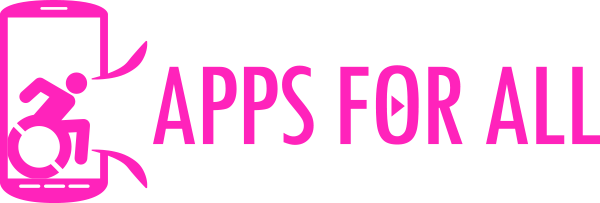

The Australian Communications Consumer Action network (ACCAN) is pleased to announce the 2015 Apps For All Challenge, sponsored by Telstra.
About
Every minute 47,000 apps are downloaded worldwide, but millions of Australians may be missing out on the digital revolution if apps are not accessible.
The Apps For All Challenge is back in 2015 to award the outstanding apps which are accessible to all Australians.
An accessible app is designed with the largest number of people in mind – including people with disability and older Australians. Accessibility is not only crucial for the almost 1 in 5 Australians living with some form of disability, but it also means developers can target millions more customers who were previously locked out of the app market.
In honouring Australia's most accessible apps, the Apps For All Challenge will raise awareness and encourage Australian developers to be world leaders in accessible mobile technology. The winning apps will be announced at the ACCAN National Conference in September 2015.
Winners in each category will receive a cash prize from Telstra and promotion through Telstra social media.
The categories
Nominations will be accepted in the following categories:

- Most accessible mainstream app
- Most innovative app designed for people with disability or older Australians
- Most accessible children's app
- Most accessible game app
What exactly makes an app accessible?
Accessibility means that an app can be used by the most people possible without the need for modification. Many people have, or develop with age, impairments related to vision, hearing, cognition or mobility. Apps which address these needs in their design and operation are more accessible than apps which do not have any consideration for users' differing abilities.
For example, if an app uses video, the video should have captions for people who are Deaf or hearing impaired. For users who are blind or vision impaired, control buttons should include an "alt tag" to alert users of the button's purpose.
Apps incorporating the following features will be reviewed more favourably:
- Ease of use – including ease of download and installation
- Market gap – apps which fill a market gap for one or more user groups
- Value for money – apps which provide good value for money and do not require people with disability to pay more for the same functionality
- Universal design – the app is accessible across all user groups
- Availability – available across multiple operating systems
Accessibility guidelines for developers
- World Wide Web Consortium's mobile accessibility guidelines: http://www.w3.org/WAI/mobile/
- Apple accessibility guidelines: https://developer.apple.com/accessibility/
- Android accessibility guidelines: http://developer.android.com/guide/topics/ui/accessibility/index.html
Things to remember
- Only Australian developed apps are eligible
- An app can only be nominated for one category
- Nominated apps must be designed for one or more of the following mobile operating systems; iOS, Android, Windows
- Existing apps can be nominated
- The nominated apps will be evaluated by an independent panel of Australian accessibility experts. The panel will shortlist the best three apps in each category, with the winning apps announced at the ACCAN National Conference in September 2015
- Nominated apps should conform to ACCAN's values and vision
How to nominate an App
Anyone can nominate an app. Nominations can be sent to This email address is being protected from spambots. You need JavaScript enabled to view it. or call ACCAN on 02 9288 4000 / TTY 02 9281 5322.
Nominations close on 15 June 2015. If you have any questions please email us on This email address is being protected from spambots. You need JavaScript enabled to view it..
Download:  Apps For All Challenge 2015.doc87.5 KB
Apps For All Challenge 2015.doc87.5 KB
Download:  Apps For All Challenge 2015.pdf226.68 KB
Apps For All Challenge 2015.pdf226.68 KB

ACCAN values disability access. We want to be a model in this field, for other not-for-profits, industry and government. ACCAN has registered our 2022-2024 Disability Inclusion Action Plan with the Australian Human Rights Commission’s Register of Disability Discrimination Act Action Plans.
Through enacting our Disability Inclusion Action Plan, ACCAN aims to:
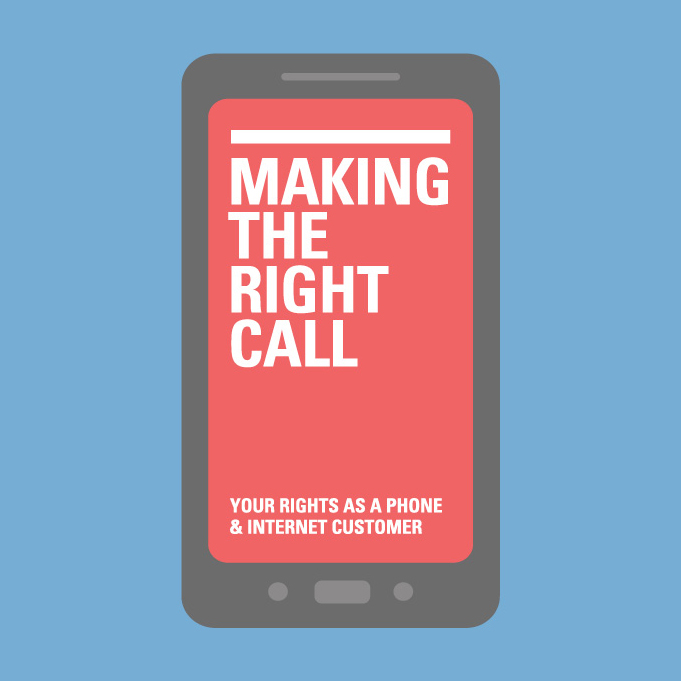 Download: Making the Right Call: Your Rights As a Phone and Internet Customer [Adobe Acrobat PDF - 197.99 KB]
Download: Making the Right Call: Your Rights As a Phone and Internet Customer [Adobe Acrobat PDF - 197.99 KB]
Download: Making the Right Call: Your Rights As a Phone and Internet Customer [Word 2007 Document - 46.84 KB]
As a telecommunications customer, you have rights that apply to your mobile phone, landline phone, internet and, if it's provided by a telco, your pay TV service. ACCAN has produced a guide, Making the Right Call, that summarises your rights as a phone and internet customer as outlined in the Telecommunications Consumer Protections Code and other relevant laws, regulations and industry codes.
Read more: Making the Right Call: Your Rights As a Phone and Internet Customer
 Download:
Download: ![]() Received an unexpectedly high bill47.89 KB
Received an unexpectedly high bill47.89 KB
Download: ![]() Received an unexpectedly high bill158.06 KB
Received an unexpectedly high bill158.06 KB
Many phone providers have a limit on how many calls you can make, texts you can send and data you can use each month. If you go over your limit you could be charged extra fees. These fees can be very expensive and it is best to avoid going over your limit if you can.
Read more: Received an unexpectedly high bill?
Write comment (0 Comments) ACCAN is committed to best serving telecommunications consumers by administering a high quality Grants Program that is responsive to consumer needs. We have a two-stage application process, with only Streams depending on the type of work you are planning to do.
ACCAN is committed to best serving telecommunications consumers by administering a high quality Grants Program that is responsive to consumer needs. We have a two-stage application process, with only Streams depending on the type of work you are planning to do.
- Choose your Stream
- Expression of Interest stage
- Expression of Interest form
- Full Application stage
- What should I put in the budget?
- Accessibility
- Top Tips
- Additional resources
First, choose your Stream
You can apply under one of two Streams:
1. Research Stream
Choose this Stream if your proposed project is predominantly research.
2. Education and Representation Stream
Choose this Stream if your proposed project is predominantly consumer education and/or representation.
The lead applicant MUST be from the community sector, or demonstrate strong and genuine community sector partnership.
Expression of Interest stage
Expressions of Interest are completed via a shortened application form and assessed according to the Guidelines by the Independent Grants Panel.
Step 1 - Read the Guidelines and Strategic Plan.
Step 2 - Create a rough draft of your project idea.
Step 3 - Contact the grants team to review the idea and get advice on whether it is likely to be considered eligible:
Email: grants @ accan.org.au
Call: 02 9288 4000
Or contact us through the National Relay Service
Step 4 - Complete the Expression of Interest form on the SmartyGrants application portal. (You will need to register for a SmartyGrants account if you don't already have one.)
Step 5 - Submit your application online by the due date stated in the Guidelines. Late applications will not be accepted. Note that closing times are in Australian Eastern times.
Expression of Interest form
Download a sample copy of the EOI application form below. Use this to help prepare your application offline or with a team.
Do NOT submit this sample form. All applications MUST be submitted online via the SmartyGrants application portal.
The 2024 application form will be shared here when the round opens. It is expected to be similar to last year's:
Download: ![]() 2023 ACCAN Grants EOI Form - sample.docx88.81 KB
2023 ACCAN Grants EOI Form - sample.docx88.81 KB
Full Application Stage
If your Expressions of Interest is successful, you will be invited to submit a Full Application, also via SmartyGrants. Use the same login details as you used at the EOI stage.
A Word version of the application form will be provided below. As with your EOI, you cannot submit this sample form. You must submit your application online via the SmartyGrants application portal.
Download: ![]() 2023 ACCAN Grants Full Application form.docx105.97 KB (2024 application form will be provided after the round opens)
2023 ACCAN Grants Full Application form.docx105.97 KB (2024 application form will be provided after the round opens)
We strongly encourage all Full Application stage applicants to consult the Guidelines and to contact the ACCAN Grants Team to discuss your application to ensure it is eligible and competitive. Please note that answers in the Full Application form do not have to match those given at the EOI stage - applicants are able to change their answers to strengthen their applications by adding further detail, clarifying any areas, or adjusting approach. The amount requested can also be adjusted, though any substantive change should be justified.
Supporting documents
If the Assessment Panel needs more information such as annual reports or other documents, they will request it. They do not need to be uploaded at the time you make the application.
What should I put in the budget?
You are required to submit a budget with your application. You must think of all the income components from every source. You must think of, and reasonably estimate, each cost (expense) necessary for your project.
Income and expenditure need to add up to the same amount: you can't spend more than the project receives, and you can't spend less either.
Income
The income table is a summary of all other sources of funding you will be using for this project (e.g. if your organisation is contributing cash or in-kind support). If you have another grant for this project, show that grant in the list. Each source should be listed separately. Make sure your Total Income is the same amount as Total Expenditure. These two figures need to equal each other.
Expenses
In the expenses table, list all costs directly associated with the project. You may need to buy or rent equipment, fund a research worker, pay for travel, printing, or even room hire. Think through all the things you will need to make your project a success. If you have included in-kind in the income, then make sure you include it as part of the total expenditure. Expenditure is the list of things that are expended as part of the project.
Only include travel that is absolutely necessary for your project, and this needs to be well justified. Simply presenting results at a conference is not sufficient justification as the activities must form an integral part of the project.
Will ACCAN fund overheads?
ACCAN won't fund overheads, such as administration levies, general office space and so on. We do not cover normal operating costs for an organisation to do its business either. Check the complete list of exclusions in the Guidelines. The grant program funds clearly defined projects and project activity towards specific outputs.
We do cover all costs that are directly attributable to the project itself, e.g. project labour, project management, project accounting, or even office space and room hire if it can be justified as directly attributable to the project.
It all depends on how clearly the cost is related to the project - If you were not doing this project would the cost still exist? If yes, then we will not cover it. Is it an arbitrary levy added by your organisation on top of the project? If yes, we won't cover it. We only cover costs for activities inside the project.
Do I include GST?
No. All amounts you put in the budget should exclude GST. If you are successful, GST will be paid in addition to the amount you apply for.
Accessibility
All resources produced under the Grants Program need to conform to basic accessibility principles. This means that:
- all documents, images and webpages are accessible to screen readers ie. You are using alt text on images and Heading Styles are consistent
- digital resources such as videos contain captions and audio description, or a transcript.
Ensure your application demonstrates your plan for this, or if some resources are intended to not be made accessible, your justification. ACCAN staff can provide guidance before you apply.
If you are funded, ACCAN will meet with you early in your project to confirm your plans for accessibility. We have accessibly-formatted templates that we can share with you for writing reports, or if you will be using a graphic designer or web developer without experience in accessibility, we can highlight the key design features they’ll need to consider.
Download our basic instructions on how to make documents accessible:
Download: ![]() How to make documents accessible.docx4.02 MB
How to make documents accessible.docx4.02 MB
Top Tips
- Ensure your project fits: Is it really a telecommunications project? Does it satisfy one of the listed priorities? Read the Guidelines well, and contact us to discuss your project idea.
- Write in clear, simple English: avoid jargon and long-winded sentences. Say exactly what you're going to do.
- Be specific: Rather than "a large number of consumers will benefit" say "150 consumers in the Armidale community will access tailored digital literacy training programs."
- Balance your budget: Income needs to equal expenditure. Include all cash and in-kind contributions. Be realistic about what time and resources you will need. This shows you have thought things through.
- Demonstrate that you understand the context for your project - what gap are you filling in terms of the research and other work that already exists? Check other published work, including ACCAN's research, and government bodies such as communications regulators.
- Clearly explain how your project differs from other related projects that exist. This is particularly important for projects involving cyber-safety and digital literacy training. This is because the Australian government and other not-for-profits are addressing these issues through various training programs. If you see a gap or a limitation to these resources, explain why and how your project is addressing a significant gap. Ensure you refer to the ACCAN resources already available. If you are developing new materials, how will they complement what's already 'out there'?
- Clearly explain the future your project will have after our funding ceases. Do you expect the work to continue in any way? What provisions have you included in your planning to ensure this can happen?
- Look through our previous grants projects to get a better understanding of what and who we fund.
Additional resources
- Tips for writing applications and avoiding common grant-writing mistakes: https://www.fundingcentre.com.au/help/writing-grant
- GrantEd guides to writing applications: https://thegrantedgroup.thinkific.com/
- How to harness your advocacy skills for best results: https://www.communitiesincontrol.com.au/cic/take-control/
- Other grants from the Commonwealth: www.communitygrants.gov.au
ACCAN and Your Privacy Rights
ACCAN has a commitment to adhere to the Australian Privacy Principles (APPs), which are contained in schedule 1 of the Privacy Act 1988 (Privacy Act).
What personal information does ACCAN collect?
ACCAN only collects personal information that it is necessary for us to carry out our work. If you lodge an enquiry, application, subscription, case study or subscribe to our mailing lists we may require the following information:
- Contact details, which may include a business contact number or email address;
- Details of the nature of your enquiry
- Details pertaining to specific experiences with phone or internet products and services
ACCAN may also collect personal details for the purposes of membership. This use is described below.
How is case study information used?
On occasion consumers contact ACCAN to describe their individual experiences with phone and Internet products services. ACCAN treats all cases as confidential. ACCAN is not a complaint handling body. We cannot investigate or handle complaints. ACCAN may use case study information from time to time in its representation work for all consumers.
If you wish to remain anonymous or do not wish to supply specific information to ACCAN, you may do so; however, please note that the ACCAN may not be able to use your data when analysing consumer issues.
Disclosure to other parties
From time to time ACCAN may provide case study information, including personal information, to agencies such as the Australian Communications and Media Authority (ACMA), the Australian Competition and Consumer Commission (ACCC), the Communications Alliance and other relevant industry bodies. Where ACCAN makes a decision that your case should be referred to another agency, we will gain your consent prior to disclosing any of your personal details.
Other information collected by ACCAN
In order to carry out its functions, ACCAN maintains a database of industry contacts and government agencies. ACCAN also maintains a database of individuals and organisations who have asked to receive ACCAN publications, media releases, WebNews and other information.
Access to your information
You have the right to access the information about you that ACCAN may have collected and held. Access to your information can be arranged by contacting ACCAN.
Any complaints about ACCAN's privacy policy or procedures can be made to the Chief Executive Officer.
Information Logged When Using the ACCAN Website
What information does the ACCAN website collect?
To help ensure that our website is providing useful advice to as many people as possible, ACCAN uses Google Analytics to collect aggregated anonymous statistical information.
This information is collected for statistical purposes only. No attempt will be made by ACCAN to identify you or your browsing activities.
Our website uses Google Analytics, a service which transmits website traffic data to Google servers in the United States. Google Analytics does not identify individual users or associate your IP address with any other data held by Google. We use reports provided by Google Analytics to help us understand our website traffic and webpage usage.
By using this website, you consent to the processing of data about you by Google in the manner described in Google's Privacy Policy and for the purposes set out above. You can opt out of Google Analytics if you disable or refuse the cookie, disable JavaScript, or use the opt-out service provided by Google.
Electronic mail addresses
ACCAN will only record your email address if you send us a message or subscribe to our mailing lists. This will only be used for the purpose for which you have provided it, and will not be added to a mailing list unless you request that this be done. If you elect to unsubscribe from WebNews or other mailing lists this will be done as soon as practicable. We will not disclose your email address without your consent.
Member information
Members of ACCAN are able to check and update their details from this website. Authorised ACCAN staff are also able to access members' full details.
Members' contact details provided to ACCAN are used for general liaison, the distribution of relevant information about ACCAN activities and issuing invoices, ACCAN mailing list and requests for publications. Information provided for these purposes will be used for these purposes only. It will not be distributed further or disclosed without the user's consent.
Links to other sites
ACCAN does not guarantee, and accepts no legal liability whatsoever arising from, or connected to, the use of any material contained on this website or on any linked site.
ACCAN recommends that users exercise their own skill and care with respect to their use of this website and that users carefully evaluate the accuracy, currency, completeness and relevance of the material on this website for their purposes. This website is not a substitute for independent professional advice and users should obtain any appropriate professional advice relevant to their particular circumstances.
Internet security
If you are submitting information over the Internet that you wish to remain private, you should be aware that there is a small possibility that information you submit could be observed by a third party while in transit.
If you would like to use another method to contact us or provide us with information, please feel free via telephone or post.
The supporters of No Australian Left Offline want affordable broadband. Affordable broadband is a home internet service that enables all Australians to be online regardless of their personal circumstances or where they live, without putting them into financial stress.
With all Australian government services to be available online by 2025, it’s more important than ever that there is No Australian Left Offline.
Over one million Australians will continue to have access to essential government services with affordable broadband.

The benefits of this Federal budget neutral policy
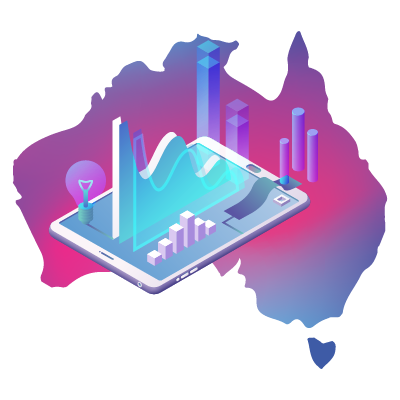
Economic benefits of affordable broadband
- Approximately $20 billion saved through move to online services
- Stronger economy: increases in average incomes of 0.85% per person
- New business & employment: up to 5400 businesses formed + an additional 3400 to 6400 self-employment opportunities in areas with high NBN rollout
- Increased tax revenue through higher economic activity, and reduced unemployment
- Reduced cost & barriers to access for households when accessing essential services, particularly for Australians in regional and remote areas
Without affordable home broadband
- 1 Million+ low-income households at risk of not switching over to NBN
- Children struggle to complete homework and keep up at school
- Young people can’t prepare for the post-school world of further training, education or employment
- Job Seekers find it difficult to get jobs and training to lift themselves and their families out of poverty
- Elderly or less mobile people find it harder to access support services and overcome social isolation
In Australia there are one million households that are at risk of not switching over to the NBN because of the cost. This limits the opportunities of these households, and threatens the underlying economics of the NBN by reducing take-up of services. Reduced take-up means lower NBN revenues and reduced capacity to provide a return to government.
How can we achieve affordable broadband?
ACCAN proposes a 50 mbps unlimited broadband service offered at a wholesale price of $20 per month by NBN Co to households receiving government financial support.
This would mean eligible households would pay approximately $30 per month for unlimited broadband – almost halving the current average cost.
We estimate that providing this concession to the 1 million + households on the lowest incomes can be Federal budget neutral, and support these households to be connected.
Downloads:
Download: ![]() No Australian Left Offline - Policy document97.5 KB
No Australian Left Offline - Policy document97.5 KB
Download: ![]() No Australian Left Offline - Policy document752.71 KB
No Australian Left Offline - Policy document752.71 KB
Download: ![]() No Australian Left Offline - Affordable Broadband for the regions102 KB
No Australian Left Offline - Affordable Broadband for the regions102 KB
Download: ![]() No Australian Left Offline - Affordable Broadband for the regions759.57 KB
No Australian Left Offline - Affordable Broadband for the regions759.57 KB
Download: ![]() No Australian Left Offline - Media release3.1 MB
No Australian Left Offline - Media release3.1 MB
Download: ![]() No Australian Left Offline - Media release982.99 KB
No Australian Left Offline - Media release982.99 KB
Download: ![]() A3 colour brochure2.2 MB
A3 colour brochure2.2 MB
Supporters of No Australian Left Offline
This email address is being protected from spambots. You need JavaScript enabled to view it.


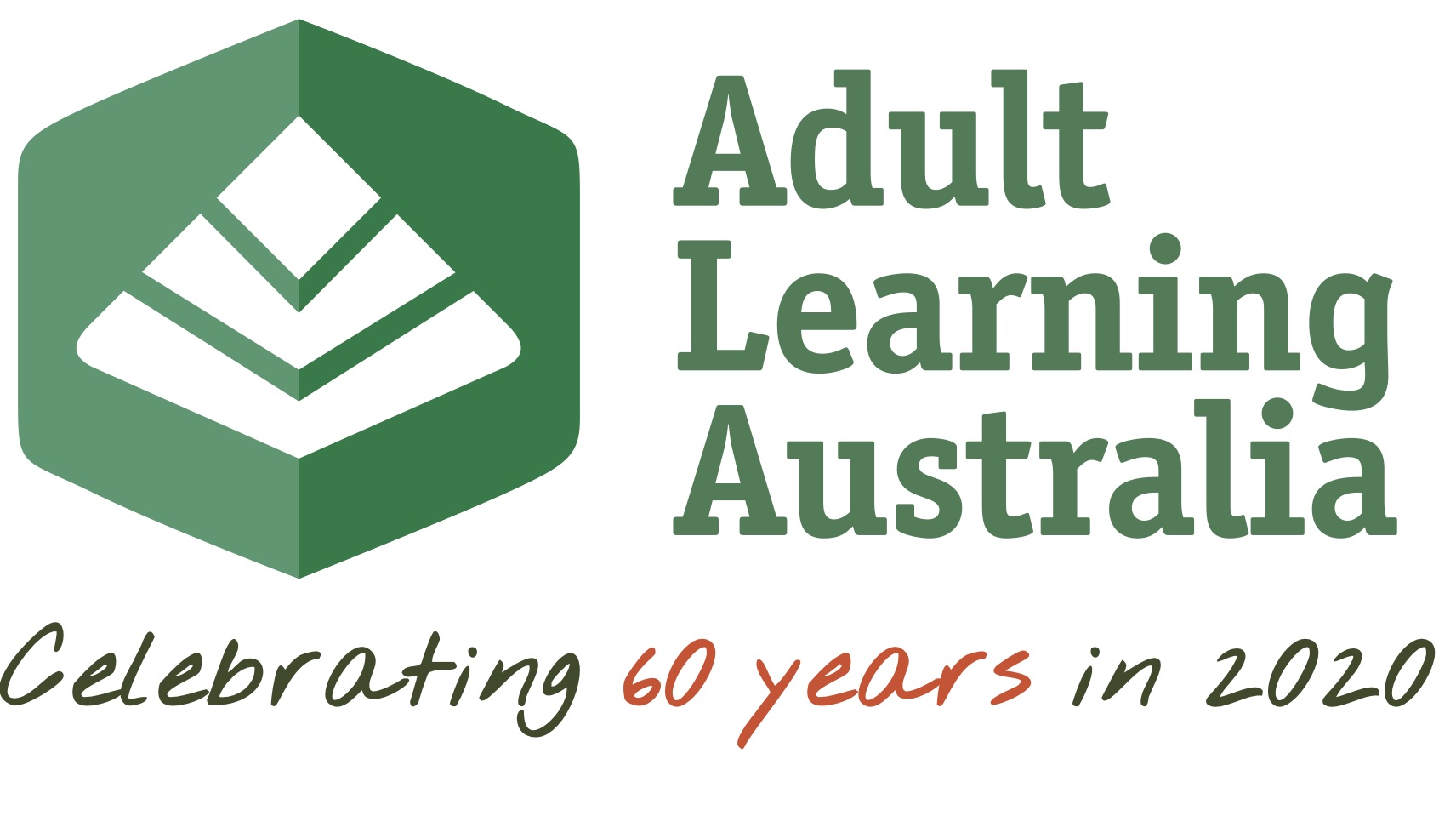
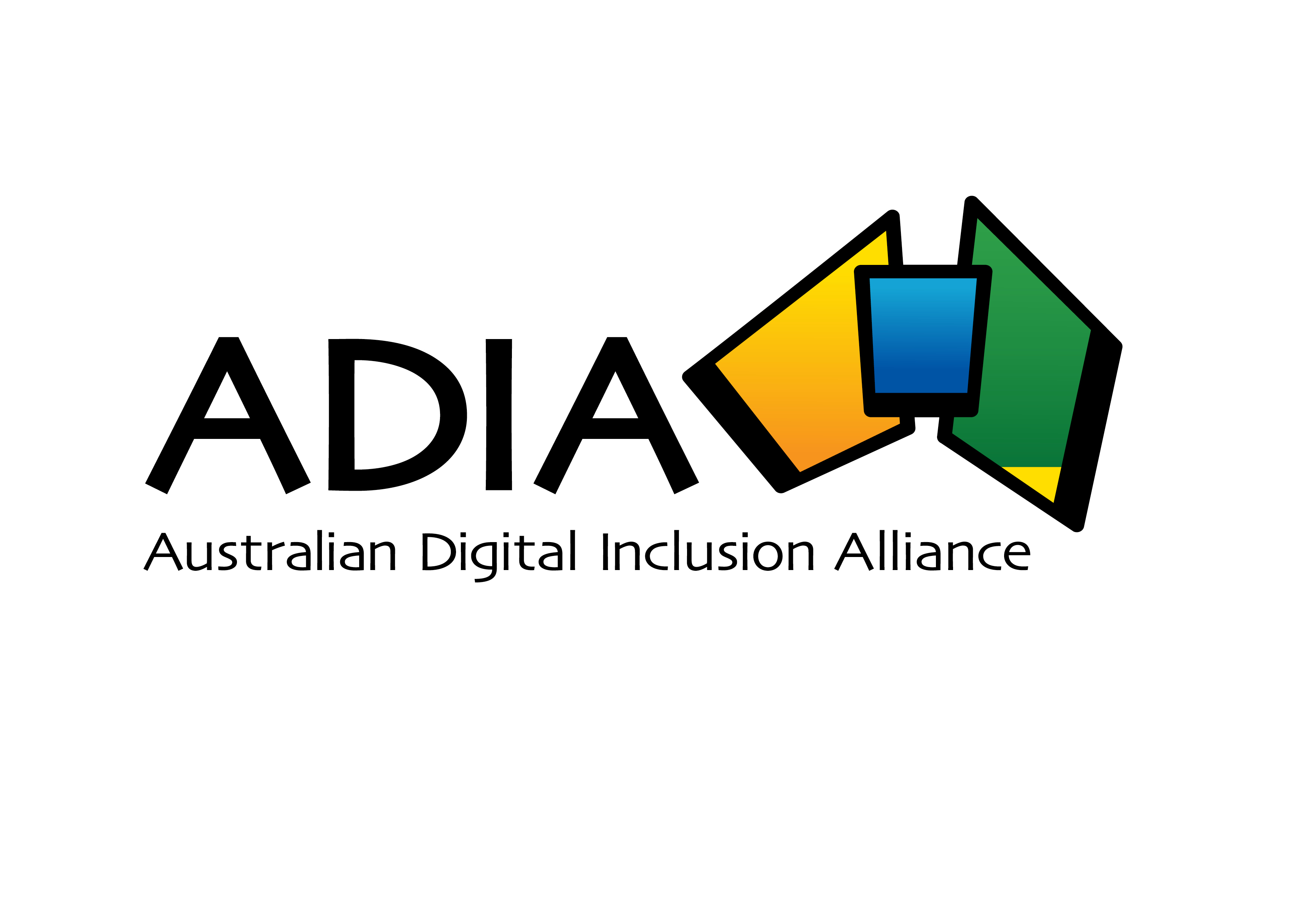
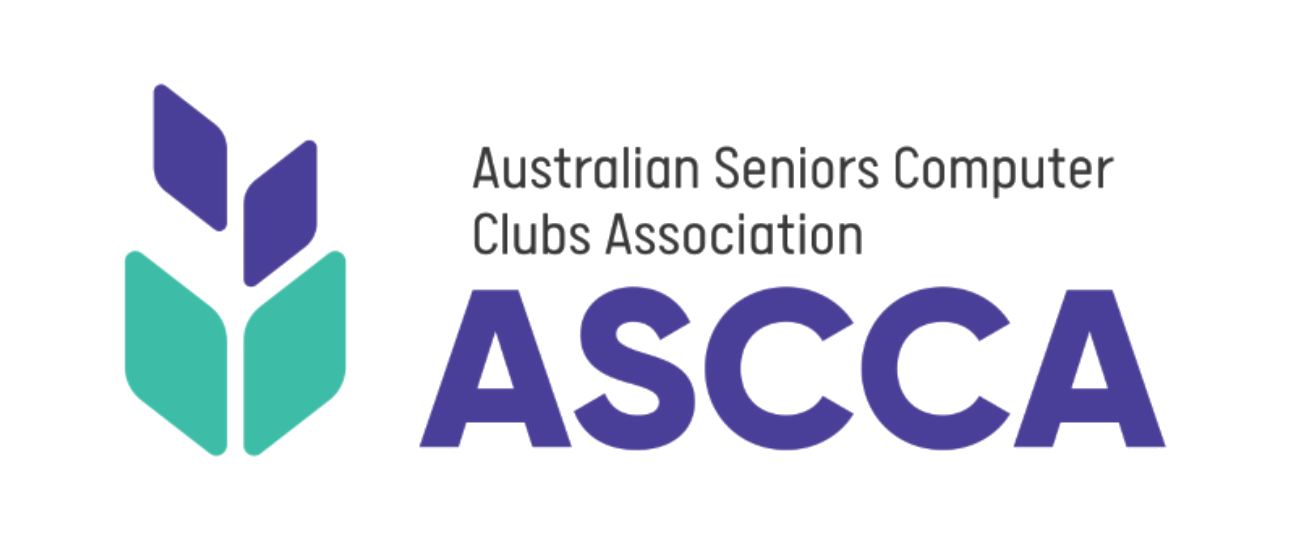

![]()
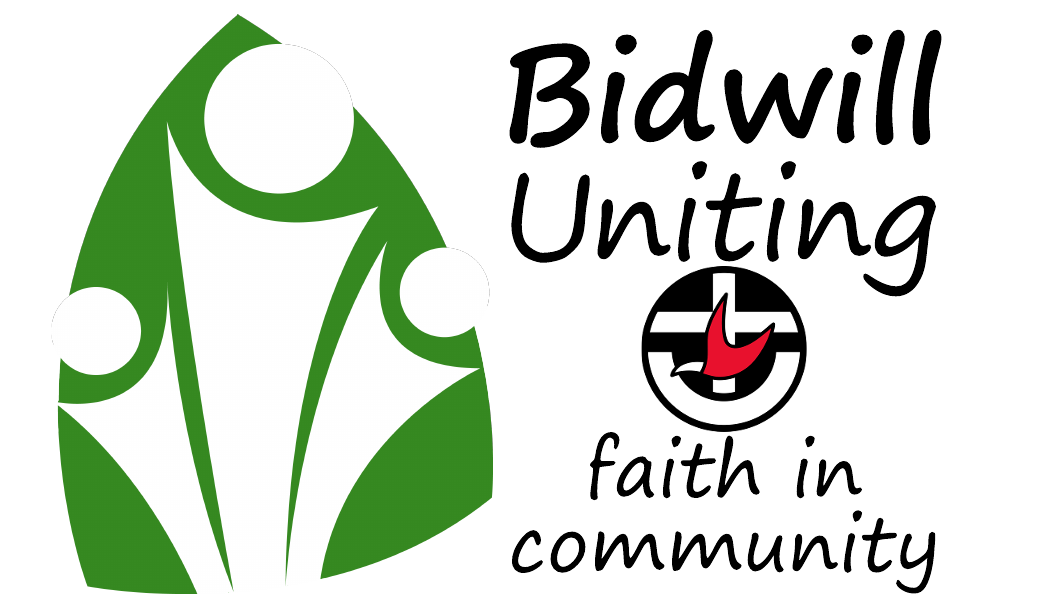
![]()
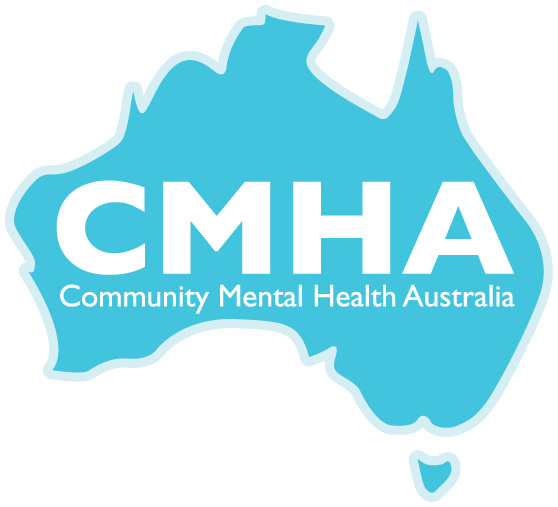
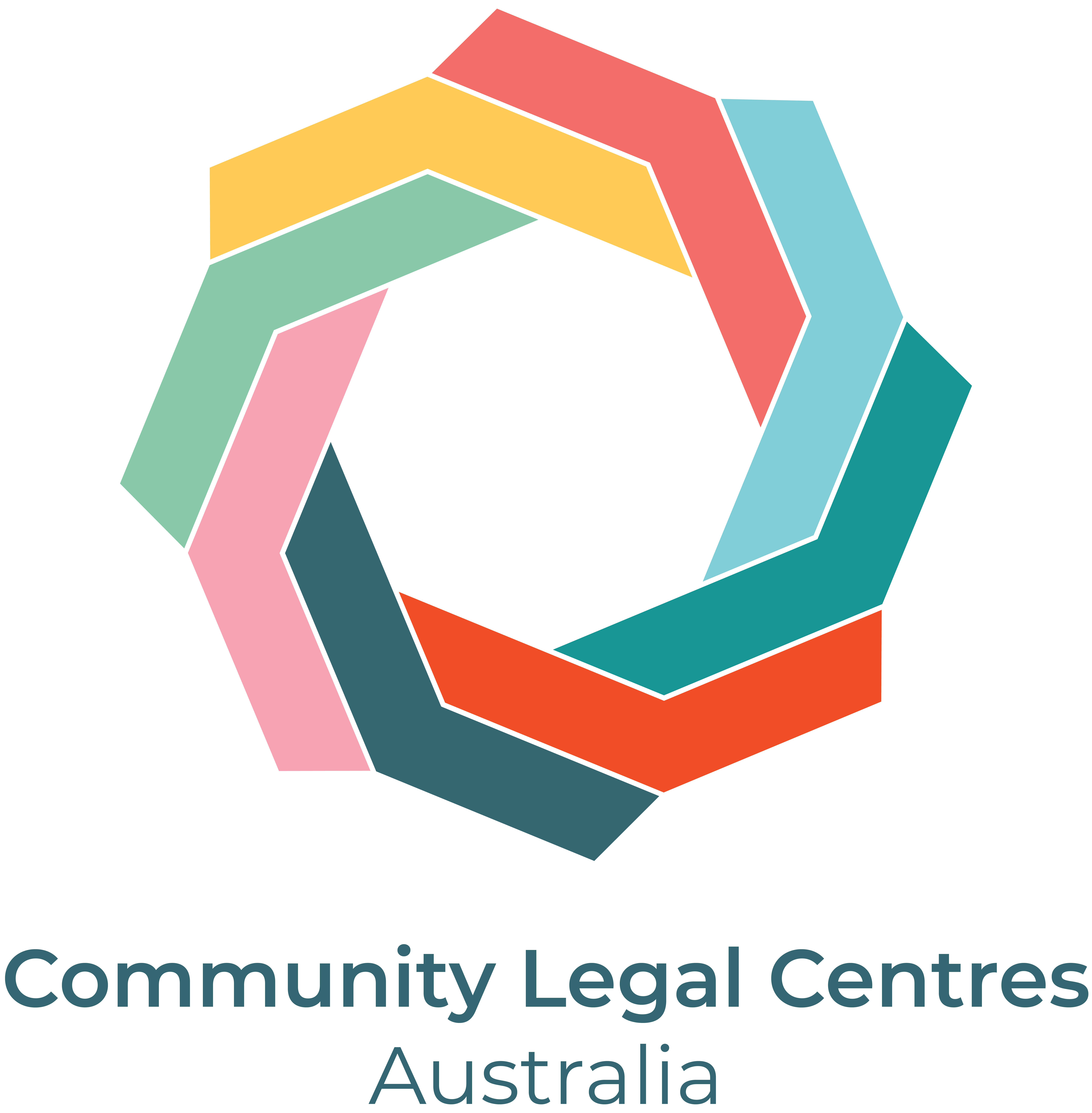
![]()
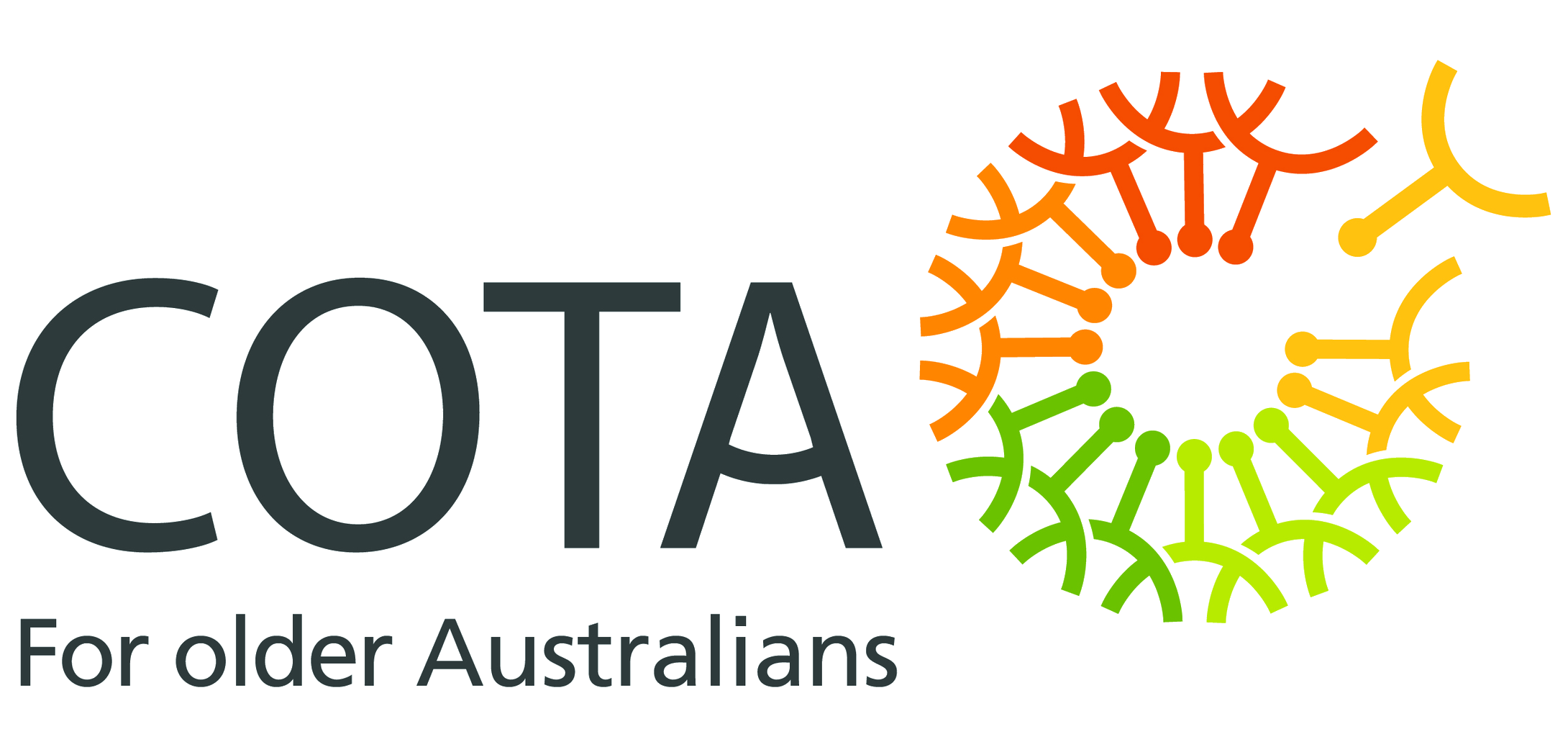
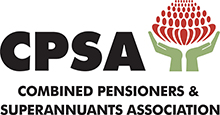


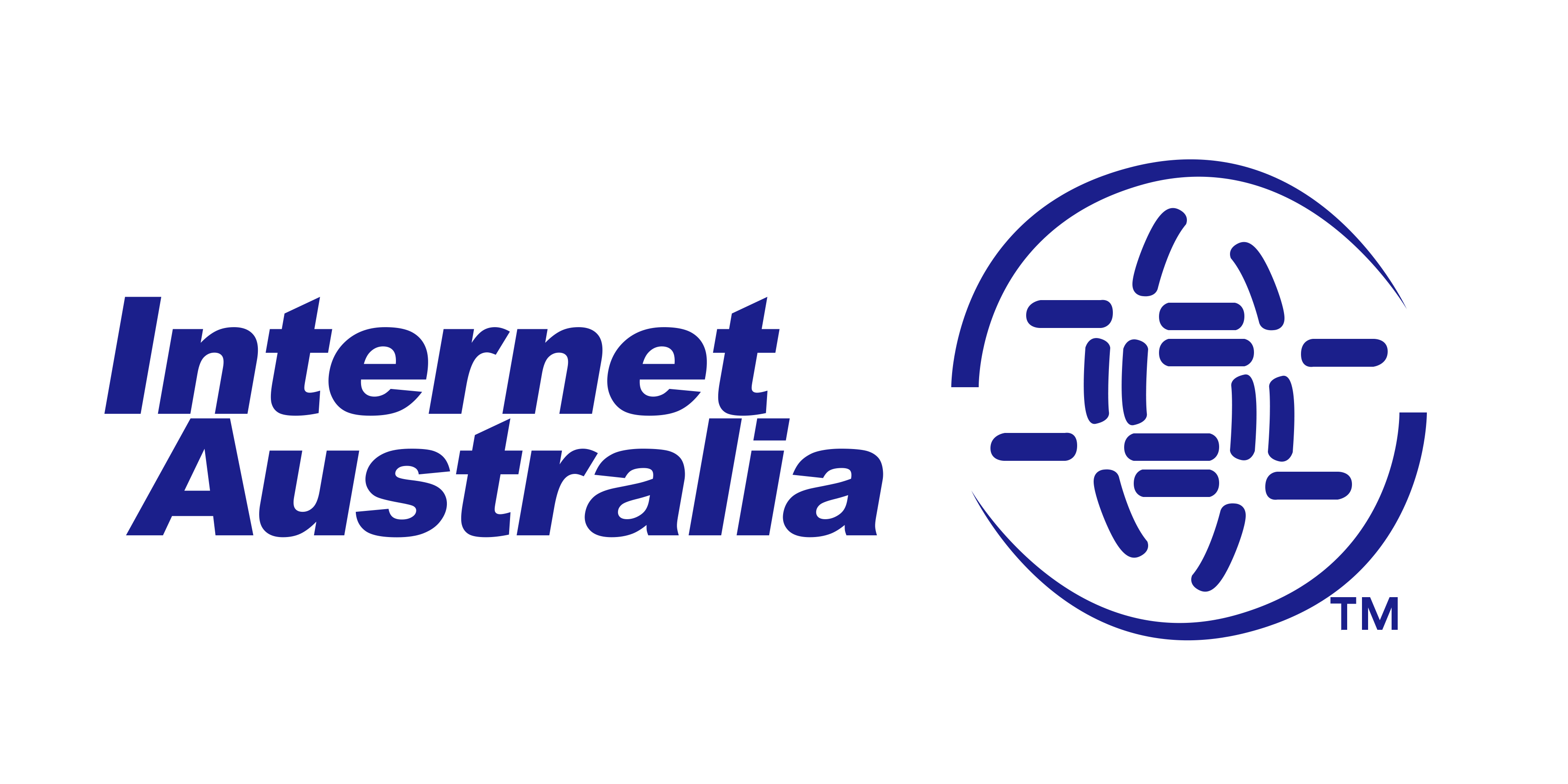

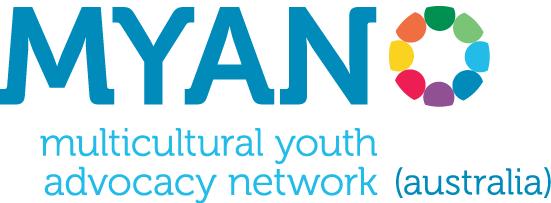
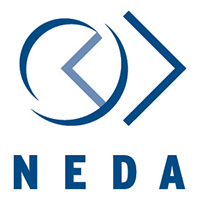

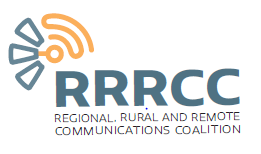
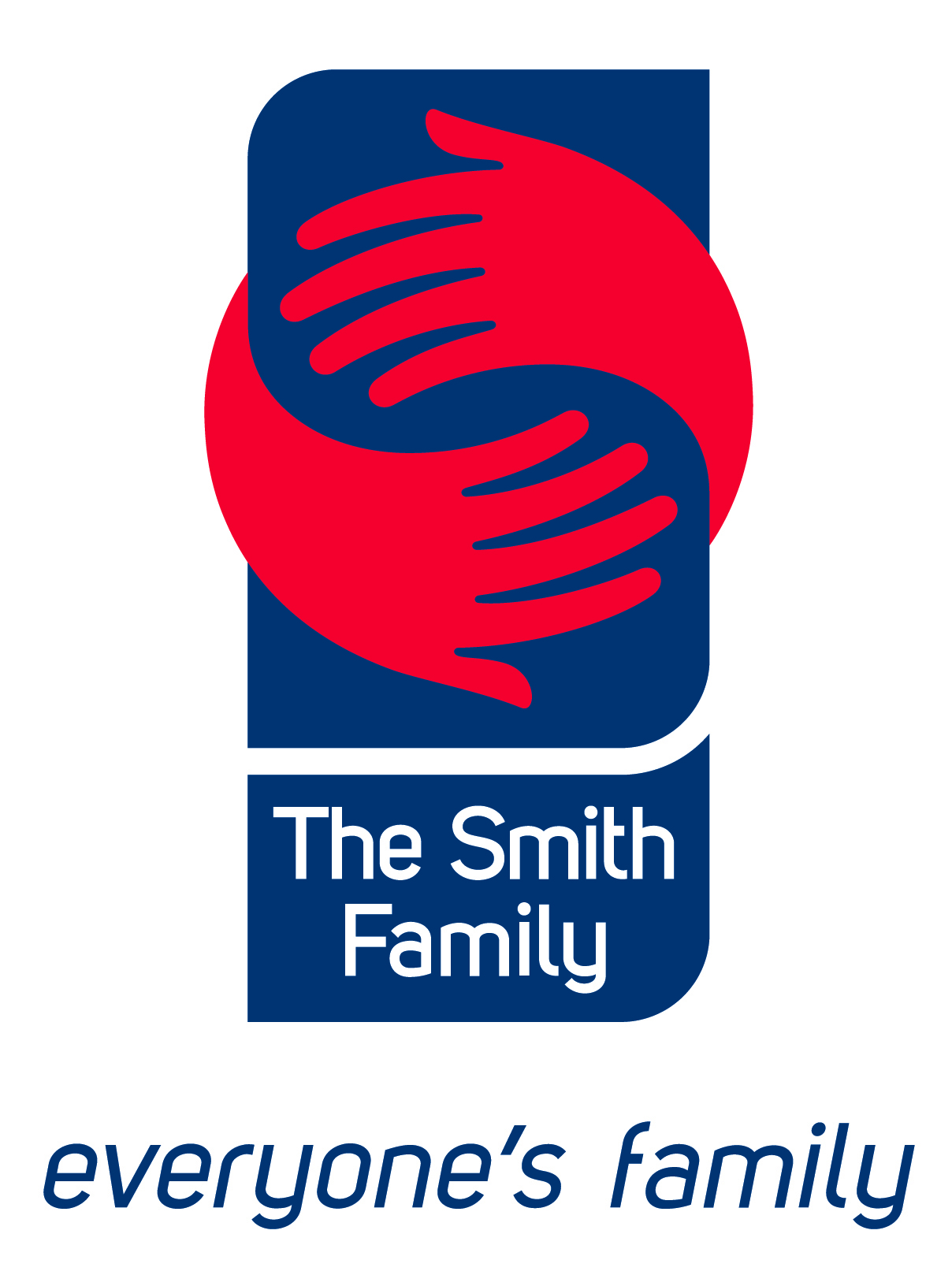
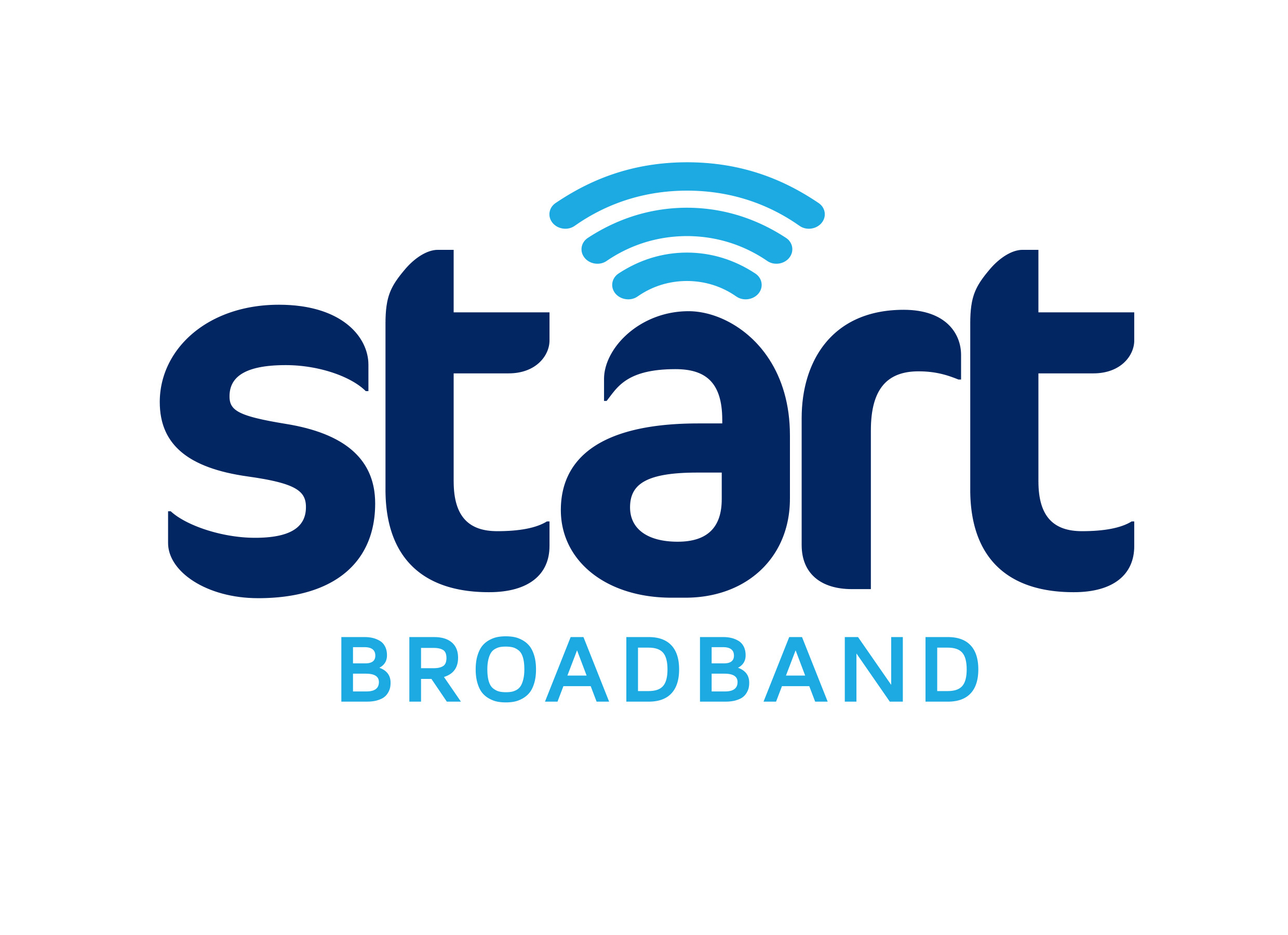




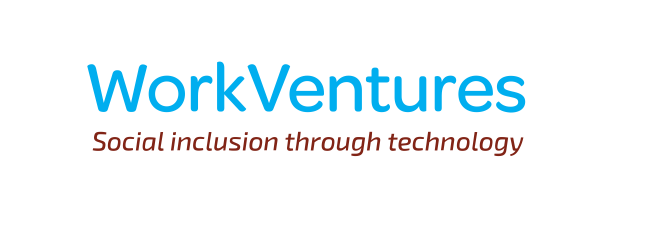
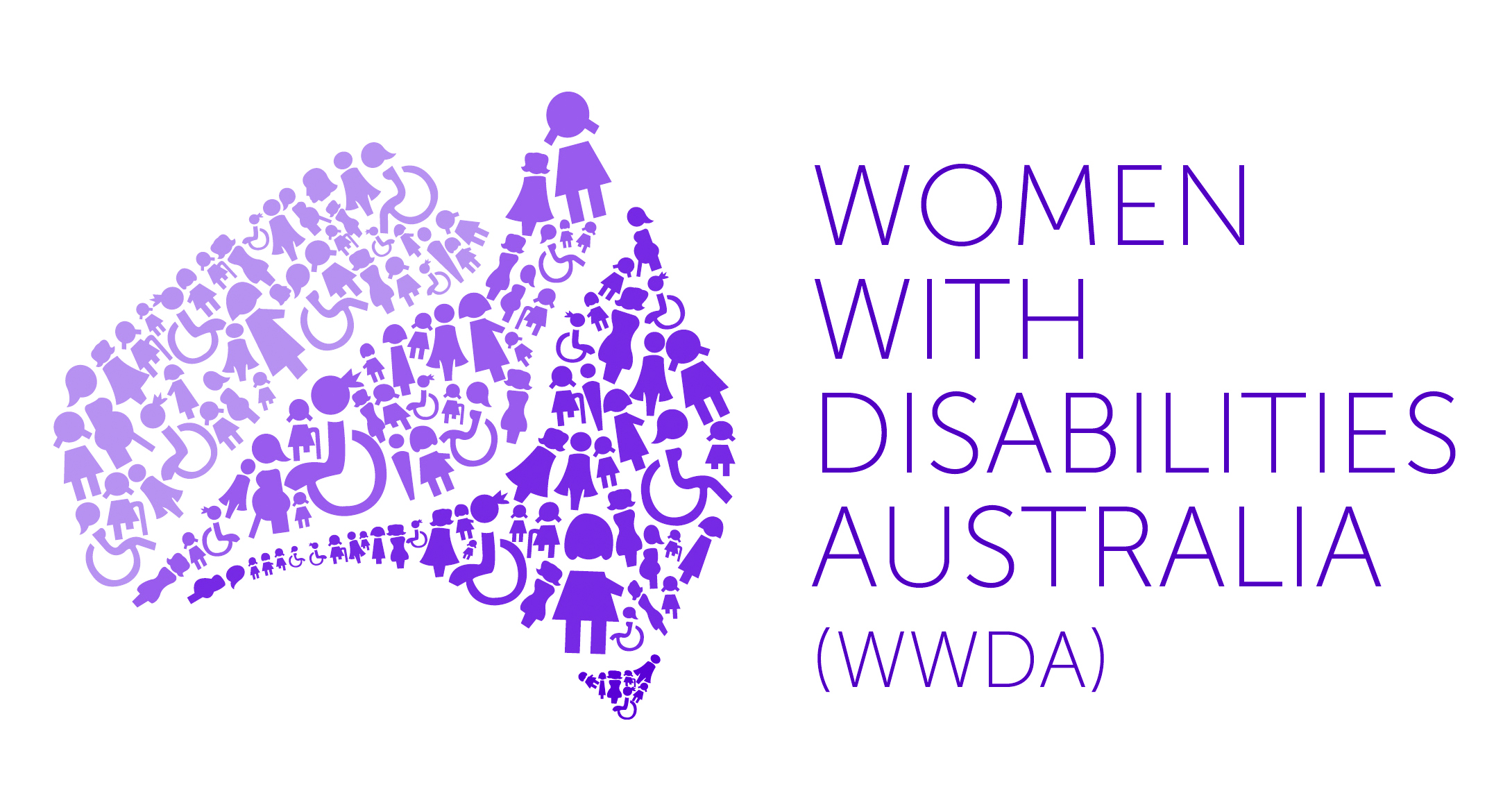

There are three categories of membership.
- Voting members
- Associate members (Non-voting)
- Life members
Voting members includes both organisations and individuals – each having one vote. The eligibility criteria for organisational Voting members is that their purposes align with ACCAN's objectives and that they are both non-party political and not for profit. Individual Voting members must also subscribe to ACCAN’s objectives. Voting members can nominate and vote for positions on ACCAN’s board of directors.
Associate members (Non-voting) are those who are interested in working with ACCAN but are not eligible (or do not wish to apply) for Voting membership.
Life membership is conferred by a special meeting of ACCAN on someone who has made an outstanding contribution to the area.
Please contact us if you're unsure which type of Membership is best for you.
Members of the telecommunications industry, such as carriers, carriage service providers (CSPs), content service providers and equipment manufacturers, are not eligible for membership.
We value your voice
ACCAN trusts our member network to inform us about the communications issues that are affecting themselves and/or their members/clients. To effectively advocate for change our lobbying and campaigns need to be evidence based and supported by strong personal stories. We therefore regularly seek input from our members in the form of surveys or occasional telephone calls. If you don’t have the time to participate, we don’t mind but equally welcome contact from our members whenever there is an issue that you’d like us to look at.
Membership pricing
ACCAN membership is renewed yearly and based on the applicant's income. The fees are structured as follows:
Organisational Membership
| Income Level | Cost (inc GST) |
|---|---|
| Income under $25,000 | $27.50 |
| Income $25,001 to $50,000 | $44.00 |
| Income $50,001 to $200,000 | $88.00 |
| Income $200,001 to $1,000,000 | $154.00 |
| Income $1,000,001 to $2,000,000 | $220.00 |
| Income over $2,000,001 | $275.00 |
Individual Membership
| Income Level | Cost (inc GST) |
|---|---|
| Unwaged | $22.00 |
| Waged | $33.00 |
Fee Waivers
Both Individual and Organisational Members and applicants can apply for a fee waiver. If you would like your fees waived please contact ACCAN to discuss further.
Apply
Take the first step today and become a member by calling ACCAN on (02) 9288 4000 or
You may also download the application form below and return signed forms to ACCAN.
Download: ![]() ACCAN Individual Membership Application Form82.51 KB
ACCAN Individual Membership Application Form82.51 KB
Download: ![]() ACCAN Individual Membership Application Form230.56 KB
ACCAN Individual Membership Application Form230.56 KB
Download: ![]() ACCAN Organisational Membership Application Form83.6 KB
ACCAN Organisational Membership Application Form83.6 KB
Download: ![]() ACCAN Organisational Membership Application Form233.11 KB
ACCAN Organisational Membership Application Form233.11 KB
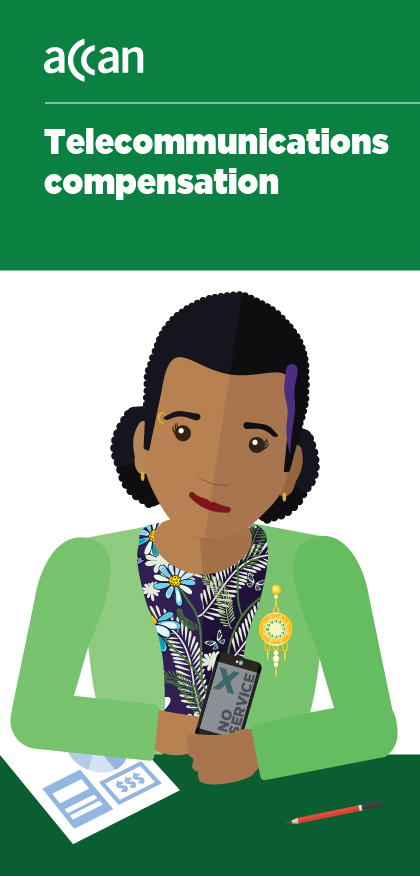 What are your rights?
What are your rights?
Network outage? No service? Call failure?
- If you have been disadvantaged or lost money due to a phone or internet outage, you might be able to claim compensation.
- Compensation should make up for your loss.
- For example, if your internet is out for one week you could ask for your money back for that week. You may be able to claim for costs incurred, like getting your internet fixed or using extra mobile data.
Read more: Telecommunications compensation
Write comment (2 Comments)
 Our Top tips for Phones and Internet consumer information pack consists of six brochures telecommunications consumer issues including:
Our Top tips for Phones and Internet consumer information pack consists of six brochures telecommunications consumer issues including:
- How to use less data on your smartphone
- Tips for picking a good value NBN internet plan
- What affects the quality of my broadband?
- 5 things you need to know about NBN
- How to make a complaint that gets heard
- Telecommunications compensation - What are your rights?
These brochures cover issues that are regularly experienced by many consumers. The brochures are full of useful tips and advice; the pack is designed to be a go to guide to help consumers navigate the often confusing telecommunications market.
What is Foxtel Play?
Foxtel Play is a subscription video on demand service provider that allows consumers to watch video entertainment online. Key information about this provider includes:
- The service is operated by Foxtel, Australia’s largest pay television provider
- The content is largely a selection of videos aired on Foxtel’s pay television service.
How can I join and play videos using Foxtel Play?
To join Foxtel Play, you will need a credit or debit card.
- Go to the Foxtel Play website
- Select the ‘Get your 2 week free trial now’ button
- Follow the on-screen prompts
Note: If you do not want to be charged for using the Foxtel service, you will need to cancel before the end of your 2-week free trial.
To watch Foxtel Play, you will need a device that is:
- Connected to the internet
- Capable of running a web browser or a Foxtel Play app
Devices can include:
- Smart TV
- Game console
- Smartphone or tablet
- Desktop or laptop computer
Specific information can be found on the Foxtel Play home page.
What accessibility features are common to playing videos online?
There are two main features that support the playback of online videos in an accessible way:
- Captions: this is the text version of speech and other sound that can be provided on videos. Captions can be either open (which means the captions are always on) or closed (which allows the consumer to turn the captions on or off).
- Audio description: this is when spoken narration is used to describe visual content. Narration is usually included between bits of dialogue and can be used to describe visual elements such as scenes, settings, actions and costumes.
In addition, the World Wide Web Consortium (W3C) has produced the Web Content Accessibility Guidelines (WCAG) 2.0 to make sure that creators of web and app content can include accessibility features such as captions, audio description and an accessible interface for assistive technology users. A simplified version of this standard is also available.
How accessible is Foxtel Play?
According to research conducted by Curtin University, Perth:
- Closed captions are currently not available on this Foxtel service.
- Audio described content is currently not available on this Foxtel service.
- The website and apps on devices such as tablets are not entirely WCAG 2.0 compliant, meaning that some users are likely to experience difficulties in finding and playing video content with their assistive technologies.
What tips and tricks can I use to overcome the accessibility barriers on Foxtel Play?
Here are some tips and tricks provided by consumers that have used Foxtel Play to maximise your accessibility:
- Try a different device: consumers have indicated that some platforms may be easier to use with assistive technologies than others. For example, if you are having difficulty with the website, the app on an Android-based tablet or an iOS device such as an iPad may work better with the device’s built-in accessibility features
- Watch Foxtel pay television instead: the broadcast channels of Foxtel provide closed caption content, and as such this may be a better alternative than the streaming service if there are specific shows you enjoy that are only available on Foxtel.
Are there more accessible video on demand services available?
There are a number of different subscription video on demand services available to consumers, and these services offer different accessible content. With most services offering some form of free trial, it may be worth testing a service to determine which one works best for you. In addition to this tip sheet, Curtin University has also created tip sheets for Stan, Presto, Quickflix and Netflix Australia.
The video I want to play is not accessible. What can I do?
If you are unable to find or play a video due to accessibility issues, there are a number of steps you can take to voice your concerns. Please refer to the Video on Demand Subscription Services: Accessibility and Your Consumer Rights tip sheet created by Curtin University as part of this series or follow the links in the help section below.
Where can I get additional help and information?
For additional help regarding Foxtel Play, you can go to Foxtel Play Support. There are also opportunities for consumers to discuss service issues.
The operation of the Australian Communications Consumer Action Network is made possible by funding provided by the Commonwealth of Australia under section 593 of the Telecommunications Act 1997. This funding is recovered from charges on telecommunications carriers.
As part of its consultation strategy, ACCAN has four Standing Advisory Forums. The four Standing Advisory Forums have replaced the previous Standing Advisory Committees that made up ACCAN's consultation framework – the Standing Advisory Committee on Consumer Affairs (SACCA) and the Standing Advisory Committee on Disability Issues (SACDI).
The new framework commenced in 2015 and will see each Advisory Forum meet annually. Additionally, where there are specific issues which require consultation, the ACCAN CEO may form Expert Advisory Committees.
- The Members Advisory Forum will focus across all the areas of ACCAN's activity and policy work.
- The Disability Advisory Forum will address issues regarding accessibility and suitability of communications services and products for Australians living with a disability.
- The Indigenous Advisory Forum focuses on Indigenous communications issues and suitability of communications services and products for Indigenous consumers.
- The Small Business Advisory Forum will work to ensure that the voice of small business consumers is heard in the telecommunications industry.
You might be eligible to receive the Centrelink Telephone Allowance to help you pay for your phone and internet connection.
If you are eligible you can receive a payment from the Government of either $28.20 or $42.00 every three months.
You can read more information about whether you can get the Centrelink Telephone Allowance by clicking here.
How can I claim the Centrelink Telephone Allowance?
If the Centrelink Telephone Allowance is not already paid to you as a part of your Centrelink payments, and you would like to receive it, or if you are unsure whether you are eligible, you should contact Centrelink.
You can contact Centrelink:
- By phone (click to find the relevant phone number for you)
- By writing, emailing, or sending a fax (click for addresses and fax number)
- Or by visiting a Centrelink office. You can find the closest one to you on this page.
What is Netflix Australia?
Netflix Australia is a subscription video on demand service provider that allows consumers to watch video entertainment online. Key information about this provider includes:
- Netflix, the parent company of Netflix Australia, operates in over 190 countries around the world, making it one of the largest global online video services.
- Netflix produces original content in addition to streaming the content of others.
- Netflix Australia’s content offers a smaller and different variety of content to Netflix in the United States, but still contains thousands of movies and TV shows available to watch instantly on any device that streams Netflix.
- Subscriptions are monthly and can be cancelled at any time.
How can I join and play videos using Netflix Australia?
To join Netflix Australia, you will need a credit or debit card.
- Go to the Netflix Australia website
- Select the ‘Join free for a month’ button
- Follow the on-screen prompts
Note: If you do not want to be charged for using Netflix Australia, you will need to cancel before the end of your 1-month free trial.
To watch Netflix, you will need a device that is:
- Connected to the internet
- Capable of running a web browser or a Netflix app
Devices can include:
- Smart TV
- Game console
- Streaming media player
- Smartphone or tablet
- Desktop or laptop computer
Specific information can be found on the Netflix Australia Device page
What accessibility features are common to playing videos online?
There are two main features that support the playback of online videos in an accessible way:
- Captions: this is the text version of speech and other sound that can be provided on videos. Captions can be either open (which means the captions are always on) or closed (which allows the consumer to turn the captions on or off).
- Audio description: this is when spoken narration is used to describe visual content. Narration is usually included between bits of dialogue and can be used to describe visual elements such as scenes, settings, actions and costumes.
In addition, the World Wide Web Consortium (W3C) has produced the Web Content Accessibility Guidelines (WCAG) 2.0 to make sure that creators of web and app content can include accessibility features such as captions, audio description and an accessible interface for assistive technology users. A simplified version of this standard is also available.
How accessible is Netflix Australia?
According to research conducted by Curtin University, Perth:
- Closed captions are available on most videos.
- Audio description can be found on some videos.
- The website and apps on devices such as tablets are not entirely WCAG 2.0 compliant, meaning that some users are likely to experience difficulties in finding and playing video content with their assistive technologies.
What tips and tricks can I use to overcome the accessibility barriers on Netflix Australia?
Here are some tips and tricks provided by consumers that have used Netflix Australia to maximise your accessibility:
- Try a different device: consumers have indicated that some platforms may be easier to use with assistive technologies than others. For example, if you are having difficulty with the website, the app on an Android-based tablet or an iOS device such as an iPad may work better with the device’s built-in accessibility features.
- Audio description-only link: the web portal has a link that allows you to just view content with audio description. Just log into Netflix Australia, scroll down to the bottom of the webpage and select ‘audio description’.
- Language icon: to select captions and audio description if available in the web portal, search for the video you would like to play, then select the Language icon in the bottom right corner of the video player. You will then find all the available accessibility features.
- More audio description on the way: a settlement between Netflix and the American Council of the Blind (ACB) and Netflix in April 2016 has led to Netflix committing to make changes to its USA service which is likely to improve Netflix Australia. Improvements discussed in the settlement consist of better searching options and a significant improvement in available titles, particularly new titles.
Are there more accessible video on demand services available?
There are a number of different subscription video on demand services available to consumers, and these services offer different accessible content. With most services offering some form of free trial, it may be worth testing a service to determine which one works best for you. In addition to this tip sheet, Curtin University has also created tip sheets for Stan, Presto, Quickflix and Foxtel Play.
The video I want to play is not accessible. What can I do?
If you are unable to find or play a video due to accessibility issues, there are a number of steps you can take to voice your concerns. Please refer to the Video on Demand Subscription Services: Accessibility and Your Consumer Rights tip sheet created by Curtin University as part of this series or follow the links in the help section below.
Where can I get additional help and information?
For additional help regarding Netflix Australia, you can go to:
The operation of the Australian Communications Consumer Action Network is made possible by funding provided by the Commonwealth of Australia under section 593 of the Telecommunications Act 1997. This funding is recovered from charges on telecommunications carriers.
 Download:
Download: ![]() Hidden costs in free apps 57.5 KB
Hidden costs in free apps 57.5 KB
Download: ![]() Hidden costs in free apps 334.2 KB
Hidden costs in free apps 334.2 KB
While some games or apps cost nothing to download on our smartphones or tablets, they often contain extra elements you can purchase within the game, known as “in-app purchases.” It is easy to make in-app purchases with many parents reporting that their children are buying things within games, not realising that they cost their parents real money through their iTunes, Google Play or Amazon account.
Read more: Hidden costs in free apps
Write comment (0 Comments) If your broadband speeds are consistently lower than those advertised by your internet service provider (ISP) or is unreliable at any time during the day, you should contact your provider and clearly state that you want to make a complaint.
If your broadband speeds are consistently lower than those advertised by your internet service provider (ISP) or is unreliable at any time during the day, you should contact your provider and clearly state that you want to make a complaint.
Explain how your internet is slow or unreliable. Evidence, such as recorded speed tests (many IPSs offer this on their website, or you can try other online speed tests such as Ookla’s Speedtest) or examples of times when you are unable or have difficulty using the service.
Read more: How to make a complaint about slow broadband speeds
Write comment (30 Comments)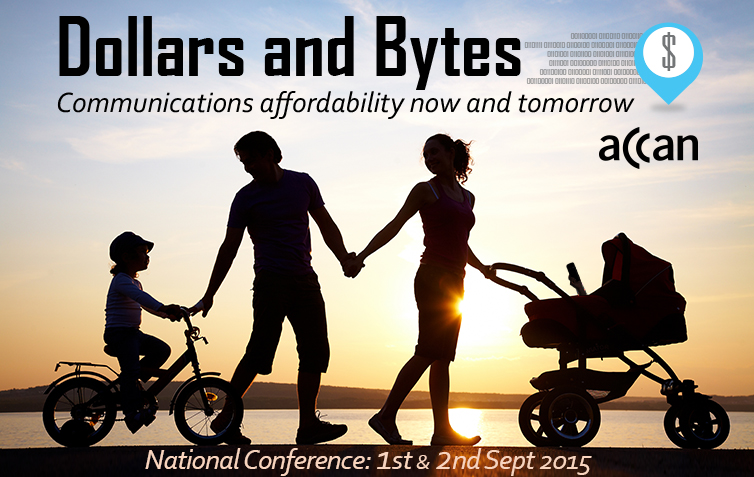
The ACCAN National Conference, Dollars and Bytes - Communications affordability now and tomorrow, was held from 1-2 September, 2015, at the Aerial UTS Function Centre in Sydney.
Affordability is one of our core objectives and was the focus of the Conference. Affordability of communications products is an issue that affects all consumers, from young people, to families and seniors.
Presentations and transcripts are now available and are linked below.
What is Quickflix?
Quickflix is a video on demand service provider that allows consumers to watch subscription or premium streaming video entertainment online. Key information about this provider includes:
- Quickflix is one of Australia’s longest established video streaming companies.
- The video streaming service can consist of either subscription service or a premium pay-as-you-go service.
- Physical discs, such as Blu-ray and DVD titles, are also available for rent.
How can I join and play videos using Quickflix?
To join Quickflix, you will need a credit or debit card.
- Go to the Quickflix website
- Select the plan you wish to purchase.
- Follow the on-screen prompts.
In addition, searches for Quickflix in Google can reveal bonus offers. There are also offers on the Quickflix site.
To watch Quickflix, you will need a device that is:
- Connected to the internet
- Capable of running a web browser or a Quickflix app
Devices can include:
- Smart TV
- Game console
- Streaming media player
- Smartphone or tablet
- Desktop or laptop computer
Specific information can be found on the Quickflix Device page.
What accessibility features are common to playing videos online?
There are two main features that support the playback of online videos in an accessible way:
- Captions: this is the text version of speech and other sound that can be provided on videos. Captions can be either open (which means the captions are always on) or closed (which allows the consumer to turn the captions on or off).
- Audio description: this is when spoken narration is used to describe visual content. Narration is usually included between bits of dialogue and can be used to describe visual elements such as scenes, settings, actions and costumes.
In addition, the World Wide Web Consortium (W3C) has produced the Web Content Accessibility Guidelines (WCAG) 2.0 to make sure that creators of web and app content can include accessibility features such as captions, audio description and an accessible interface for assistive technology users. A simplified version of this standard is also available.
How accessible is Quickflix?
According to research conducted by Curtin University, Perth:
- Closed captions are available on some videos if the distributor provides it.
- Audio description is not available.
- The website and apps on devices such as tablets are not entirely WCAG 2.0 compliant, meaning that some users are likely to experience difficulties in finding and playing video content with their assistive technologies.
What tips and tricks can I use to overcome the accessibility barriers on Quickflix?
Here are some tips and tricks provided by consumers that have used Quickflix to maximise your accessibility:
- Try a different device: consumers have indicated that some platforms may be easier to use with assistive technologies than others. For example, if you are having difficulty with the website, the app on an Android-based tablet or an iOS device such as an iPad may work better with the device’s built-in accessibility features
- Use physical discs instead: due to Quickflix having limited captioned content and its difficulty in identifying accessible titles, it may be worth exploring Quickflix’s Blu-ray and DVD titles to locate the captioned or audio described movie you are seeking on a physical disc.
Are there more accessible video on demand services available?
There are a number of different subscription video on demand services available to consumers, and these services offer different accessible content. With most services offering some form of free trial, it may be worth testing a service to determine which one works best for you. In addition to this tip sheet, Curtin University has also created tip sheets for Netflix Australia, Stan, Presto and Foxtel Play.
The video I want to play is not accessible. What can I do?
If you are unable to find or play a video due to accessibility issues, there are a number of steps you can take to voice your concerns. Please refer to the Video on Demand Subscription Services: Accessibility and Your Consumer Rights tip sheet created by Curtin University as part of this series or follow the links in the help section below.
Where can I get additional help and information?
For additional help regarding Quickflix, you can go to:
The operation of the Australian Communications Consumer Action Network is made possible by funding provided by the Commonwealth of Australia under section 593 of the Telecommunications Act 1997. This funding is recovered from charges on telecommunications carriers.
 Struggling with the cost of your internet or phone service? ACCAN has put together a list of telco offers to help targeted groups stay connected.
Struggling with the cost of your internet or phone service? ACCAN has put together a list of telco offers to help targeted groups stay connected.
As this list only shows offers for targeted groups, there may be alternative products and services out there for general consumers that meet your needs, so it’s also worth comparing plans. To do so, head to an online comparison site, such as WhistleOut or Finder. ACCAN has also prepared a money saving guide with tips to reduce your telco bill.
If you are unable to meet your bills and are in financial hardship, check out ACCAN’s hardship portal for more information on what you can do.
Read more: What programs and offers are available to help you stay connected?
Write comment (5 Comments)2023-24 Annual Report
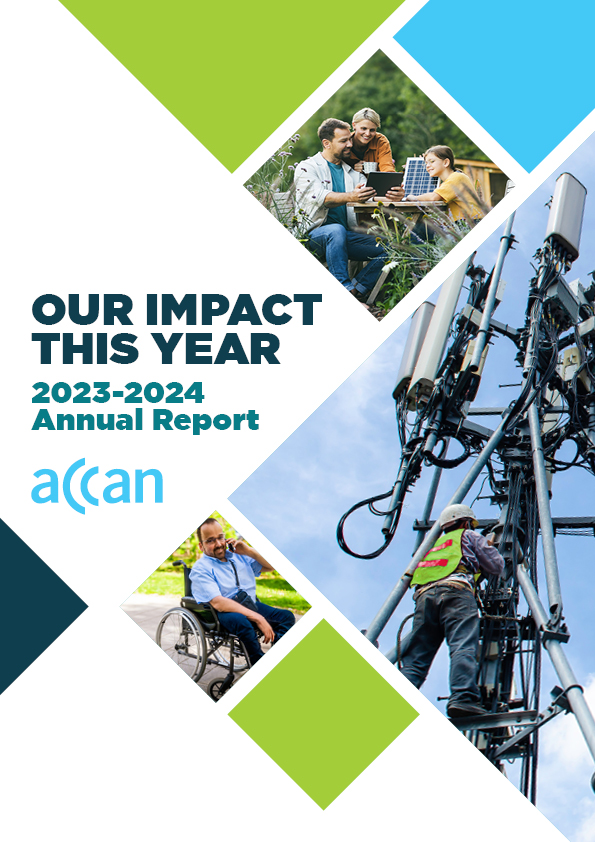 CEO Report, Carol Bennett
CEO Report, Carol Bennett
I am pleased to present ACCAN’s Annual Report for 2023-24.
When I commenced as CEO of ACCAN in early July this year, my focus was on contributing to the national effort to improve access, affordability and functionality of communications for all Australians. No small task, but I am pleased to say ACCAN has continued its outstanding work in support of equitable access to fundamental services that enable Australians to build and sustain social connections, work productivity, health and safety. It’s hard to imagine a more important area when it comes to improving quality of life for consumers.

Currently you can choose from 10 different retail service providers to purchase an NBN Sky Muster or Sky Muster Plus plan. They are:
Will there be a difference in the level of performance between providers?
Yes, providers differ on the level of performance offered depending on the number of customers they have and how much they have invested in their service. It is not expected that each retail service provider will offer the same level of service. Therefore, you should check that the level of service offered matches what you need.
How can I compare providers?
There are a number of sites which you can use to compare retail providers:
- Product Review
- Whirlpool
- For video streaming, Google Video Quality Report
 Download:
Download: ![]() Credit Reporting72.5 KB
Credit Reporting72.5 KB
Download: ![]() Credit Reporting817.83 KB
Credit Reporting817.83 KB
What is credit reporting?
Credit reporting is used by organisations to help decide whether or not they are willing to lend money to a particular person. Credit providers and credit reporting agencies are the main organisations involved in credit reporting. Credit providers are businesses such as banks, car loan companies and telecommunications service providers that lend money or provide credit to their customers.
Credit providers send information about your debts to private companies called credit reporting agencies (CRAs). There are three main CRAs in Australia:
- Veda: www.veda.com.au
- Dun and Bradstreet: dnb.com.au
- Experian: www.experian.com.au
Connecting Today's Consumer session transcripts and presentations are now available.
Every consumer wants to be connected and enjoy the benefits of competitive products and prices, but what’s the reality in Australia today and what can be done to improve the consumer experience?
Connecting Today’s Consumer explored the big issues facing Australian telco consumers – When and how can every Australian connect to our broadband and mobile networks? Are we being offered truly competitive content and products? How do we ensure consumers know their rights and can act on them?
The Strategic Plan provides insights into ACCAN’s mission, values and strategic goals. The plan will direct the organisation’s work for the next three (3) years and sets out how ACCAN will achieve its vision of trusted, accessible, inclusive, affordable and available communications and digital services for all Australians.
Download: ![]() ACCAN Strategic Plan 2025-2027252.61 KB
ACCAN Strategic Plan 2025-2027252.61 KB
Download: ![]() ACCAN Strategic Plan 2025-202784.17 KB
ACCAN Strategic Plan 2025-202784.17 KB
What is Stan?
Stan is a subscription video on demand service provider that allows consumers to watch video entertainment online. Key information about this provider includes:
- Stan is owned by StreamCo, a joint venture of Nine Entertainment Co. and Fairfax Media.
- Stan produces some limited original content but most of its content is sourced from others.
- Subscriptions are based on a 30-day cycle and can be cancelled at any time.
- Stan allows you to play up to three videos on different devices at the same time.
How can I join and play videos using Stan?
To join Stan, you will need a credit or debit card:
- Go to the Stan website
- In the ‘30 day free trial’ section, enter your e-mail address in the box provided.
- Select the ‘Start your free trial’ button.
- Follow the on-screen prompts.
Note: If you do not want to be charged for using Stan, you will need to cancel before the end of your 30-day free trial.
To watch Stan, you will need a device that is:
- Connected to the internet
- Capable of running a web browser or a Stan app
Such devices can include:
- Smart TV
- Blu-ray player
- Game console
- Streaming media player
- Smartphone or tablet
- Desktop or laptop computer
Specific information can be found on the Stan Devices page.
What accessibility features are common to playing videos online?
There are two main features that support the playback of online videos in an accessible way:
- Captions: this is the text version of speech and other sound that can be provided on videos. Captions can be either open (which means the captions are always on) or closed (which allows the consumer to turn the captions on or off).
- Audio description: this is when spoken narration is used to describe visual content. Narration is usually included between bits of dialogue and can be used to describe visual elements such as scenes, settings, actions and costumes.
In addition, the World Wide Web Consortium (W3C) has produced the Web Content Accessibility Guidelines (WCAG) 2.0 to make sure that creators of web and app content can include accessibility features such as captions, audio description and an accessible interface for assistive technology users. A simplified version of this standard is also available.
How accessible is Stan?
According to research conducted by Curtin University, Perth:
- Closed captions are available on some videos, first introduced in January 2016.
- Audio description is not available.
- The website and apps on devices such as tablets are not entirely WCAG 2.0 compliant, meaning that some users are likely to experience difficulties in finding and playing video content with their assistive technologies.
What tips and tricks can I use to overcome the accessibility barriers on Stan?
Here are some tips and tricks provided by consumers that have used Stan to maximise your accessibility:
- Try a different device: consumers have indicated that some platforms may be easier to use with assistive technologies than others. For example, if you are having difficulty with the website, the app on an Android-based tablet or an iOS device such as an iPad may work better with the device’s built-in accessibility features.
- Searching and ‘CC’: to find a video with closed captions, perform a video search and look for the ‘CC’ icon in the search results. If the ‘CC’ icon is present, the video has closed captions.
- Enabling captions: captions can be turned on by selecting the ‘CC’ button on the video. This button will only display closed captions if they are available.
Are there more accessible video on demand services available?
There are a number of different subscription video on demand services available to consumers, and these services offer different accessible content. With most services offering some form of free trial, it may be worth testing a service to determine which one works best for you. In addition to this tip sheet, Curtin University has also created tip sheets for Netflix Australia, Presto, Quickflix and Foxtel Play.
The video I want to play is not accessible. What can I do?
If you are unable to find or play a video due to accessibility issues, there are a number of steps you can take to voice your concerns. Please refer to the Video on Demand Subscription Services: Accessibility and Your Consumer Rights tip sheet created by Curtin University as part of this series or follow the links in the help section below.
Where can I get additional help and information?
For additional help regarding Stan, you can go to:
- Stan Help
- Stan closed captions information
- Stan introduction of closed captions announcement
The operation of the Australian Communications Consumer Action Network is made possible by funding provided by the Commonwealth of Australia under section 593 of the Telecommunications Act 1997. This funding is recovered from charges on telecommunications carriers.
What are captions?
Captions provide the dialogue and important background sounds in onscreen text for television viewers who are Deaf, hard of hearing or people watching television in noisy places, like the gym. Captions are displayed in text, usually at the bottom of the screen.
When are captions supposed to be provided on television?
All Australian free-to-air broadcasters must provide closed captions on programs shown between 6:00am and midnight on their primary channel (for example: Nine, Seven, Ten, ABC1 and SBS1). News and current affairs programs must have captions at all times.
Read more: Your rights: captions on television
Write comment (12 Comments) The Panel assesses applications to ACCAN's Independent Grants Program and recommends the strongest applications to the ACCAN Board for funding. The Panel is an important part of ensuring the independence and rigour of the Grants Program process.
The Panel assesses applications to ACCAN's Independent Grants Program and recommends the strongest applications to the ACCAN Board for funding. The Panel is an important part of ensuring the independence and rigour of the Grants Program process.
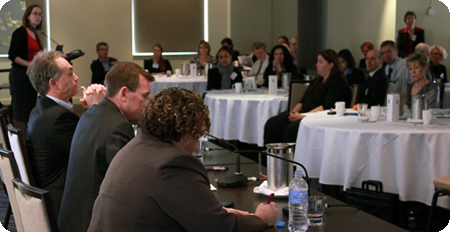
As part of our commitment to community and industry consultation, ACCAN runs a number of events each year. Our current and upcoming events can be found on this page. ACCAN encourages its Members to profile their communications events through our website.
If you would like any further information regarding our events, or to include your event on our site, please contact us.
You can see the speakers' presentations from the ACCANect 2018: Confidence in the connected world on the conference event page. If you are looking for information regarding past events it can be found in the events archive.
Department of Information Systems, University of Melbourne
Dr Martin Gibbs, Dr Tamara Kohn, Dr Michael Arnold, Dr Bjorn Nansen, Dr Craig Bellamy
Grant round: 2012
Read more: Death and the Internet: Consumer Issues for Planning and Managing Digital Legacies
What is Presto?
Presto is a subscription video on demand service provider that allows consumers to watch video entertainment online. Subscription options consist of just TV shows, just movies or both TV shows and movies. Key information about this provider includes:
- Presto is operated as a joint venture between Foxtel and Seven West Media.
- Presto features some streaming content from Foxtel as well as content from other sources.
- Subscriptions are monthly and can be cancelled at any time.
- Movie-only and TV show-only subscriptions are available for a cheaper price than a subscription to both movies and TV shows.
How can I join and play videos using Presto?
To join Presto, you will need a credit or debit card.
- Go to the Presto website
- Select the ‘Start the one month free trial now’ button
- Follow the on-screen prompts
Note: If you do not want to be charged for using Presto, you will need to cancel before the end of your one-month free trial.
To watch Presto, you will need a device that is:
- Connected to the internet
- Capable of running a web browser or a Presto app
Devices can include:
- Smart TV
- Game console
- Smartphone or tablet
- Desktop or laptop computer
Specific information can be found on the Presto Devices page
What accessibility features are common to playing videos online?
There are two main features that support the playback of online videos in an accessible way:
- Captions: this is the text version of speech and other sound that can be provided on videos. Captions can be either open (which means the captions are always on) or closed (which allows the consumer to turn the captions on or off).
- Audio description: this is when spoken narration is used to describe visual content. Narration is usually included between bits of dialogue and can be used to describe visual elements such as scenes, settings, actions and costumes.
In addition, the World Wide Web Consortium (W3C) has produced the Web Content Accessibility Guidelines (WCAG) 2.0 to make sure that creators of web and app content can include accessibility features such as captions, audio description and an accessible interface for assistive technology users. A simplified version of this standard is also available.
How accessible is Presto?
According to research conducted by Curtin University, Perth:
- Closed captions are currently not available on Presto.
- Audio described content is currently not available on Presto.
- The website and apps on devices such as tablets are not entirely WCAG 2.0 compliant, meaning that some users are likely to experience difficulties in finding and playing video content with their assistive technologies.
What tips and tricks can I use to overcome the accessibility barriers on Presto?
Here are some tips and tricks provided by consumers that have used Presto to maximise your accessibility:
- Try a different device: consumers have indicated that some platforms may be easier to use with assistive technologies than others. For example, if you are having difficulty with the website, the app on an Android-based tablet or an iOS device such as an iPad may work better with the device’s built-in accessibility features
- Participate in Presto discussion forums to request closed captions: there are some discussions taking place by consumers requesting closed captions.
Are there more accessible video on demand services available?
There are a number of different subscription video on demand services available to consumers, and these services offer different accessible content. With most services offering some form of free trial, it may be worth testing a service to determine which one works best for you. In addition to this tip sheet, Curtin University has also created tip sheets for Netflix Australia, Stan, Quickflix and Foxtel Play.
The video I want to play is not accessible. What can I do?
If you are unable to find or play a video due to accessibility issues, there are a number of steps you can take to voice your concerns. Please refer to the Video on Demand Subscription Services: Accessibility and Your Consumer Rights tip sheet created by Curtin University as part of this series or follow the links in the help section below.
Where can I get additional help and information?
For additional help regarding Presto, you can go to the Presto Frequently Asked Questions (FAQ) and contact information page.
The operation of the Australian Communications Consumer Action Network is made possible by funding provided by the Commonwealth of Australia under section 593 of the Telecommunications Act 1997. This funding is recovered from charges on telecommunications carriers.
There's no doubt communications are essential to our daily lives but with technology moving fast, sometimes it's hard to keep up!
We produce a range of tip sheets that provide simple tips and tricks to help with a range of common telecommunications issues.
-
- 4 quick tips on checking your phone bill to save you money
- About the National Relay Service
- Avoiding phone and internet scams
- Can't get a problem fixed?
- Can’t afford to pay your bill?
- Creating strong, safe passwords
- Ending or changing a contract
- Hidden costs in free apps
- How to avoid 13 number bill shock
- How to avoid 1800 number call charges on mobiles
- How to avoid directory assistance call charges
- How to avoid smartphone bill shock
- How to choose a pre-paid calling card
- How to choose an internet service provider (ISP)
- How to get the best internet available
- How to make a complaint that gets heard
- How to make a complaint that gets heard - Easy English
- How to use less data on your smartphone
- Internet scams: how to protect yourself
- Introduction to Social Networking
- Mobile and broadband everyday money saving tips
- Mobile data: what you need to know
- My home broadband is slow or unreliable
- My mobile handset isn't working
- NBN switch-over tip sheet
- Poor mobile reception: what can you do?
- Privacy complaints: who can you turn to?
- Problem with customer service?
- Questions to ask before signing a phone contract
- Received an unexpectedly high bill
- Securing your home or office Wi-Fi
- Sociability: social media for people with a disability
- Travelling overseas with a mobile phone
- VOIP: ways to save on home phone bill
- Your rights: captions on television
 Consumers who are unable to get a broadband service often face a confusing and frustrating time.
Consumers who are unable to get a broadband service often face a confusing and frustrating time.
ACCAN's Get Connected resource aims to help consumers understand the issues around why they are unable to get a broadband service and tips on how to get a service.
The mapping tool helps to understand the reasons that prevent a neighbourhood from getting an ADSL (Asymmetric Digital Subscriber Line) broadband service. For example, if there are few ports available at the local exchange, if the neighbourhood is too far from an exchange or if the exchange is not ADSL enabled. It also provides consumers with a timeline of how long the neighbourhood may have issues.
The six helpful steps suggest actions that consumers can take to get a broadband service.
ADSL availability map
The map was prepared using available data from Telstra (June 2016), nbn (October 2015) and the Department of Communications and Arts (MyBroadband Version 4 2016). It identifies areas, and the reasons, that may be unable to get an ADSL service and when these areas will have services over NBN.
Download: ![]() About the National Relay Service59 KB
About the National Relay Service59 KB
Download: ![]() About the National Relay Service422.3 KB
About the National Relay Service422.3 KB
People who are Deaf, hearing-impaired or speech-impaired are unable to access telecommunications without specialised equipment and services. Since 1995, the Australian Government has overseen a National Relay Service (NRS) which enables people with these disabilities to conduct real-time conversations with other people. The funding for the NRS is provided by a levy on eligible telecommunications carriers.
The NRS offers a number of different relay services allowing greater communication options for people who are Deaf, hearing impaired or speech impaired. These include:
Read more: About the National Relay Service
Write comment (0 Comments)1. Introduction
ACCAN was formed as a peak body for consumers and consumer organisations on communications issues, including telecommunications and the internet. ACCAN has a central role in advocacy, research, training, consultation, the provision of policy advice and consumer education. One specific function of ACCAN is to administer the distribution of funding previously allocated by the Department of Broadband, Communications and the Digital Economy (section 593 grants).
Individuals and organisations joining ACCAN retain their identity and are able to advocate on their own or their members’ behalf. ACCAN is an important forum in which consumer concerns and views can be debated and shared and, as much as possible, resolved.
The overarching objective guiding ACCAN is to ensure that communications are available, accessible and affordable for all Australians.
The ACCAN constitution was created in 2008 and was last amended in 2023.
This is a resources page.
Centrelink Telephone Allowance
If you have a Pensioner Concession Card or Commonwealth Seniors Health Card, you might be eligible for the Government’s Telephone Allowance, as included in the Pensioner Supplement or Seniors Supplement.
You can read more information about whether you can get the Centrelink Telephone Allowance by clicking here.
Telstra Pensioner Discount
The Telstra Pensioner Discount provides eligible pensioner customers with a monthly call discount on their Telstra home phone service.
If you are eligible for the discount, you can also get free access to Call Control, a waiver on late payment fees, and fee-free payment options.
You can register by calling Telstra on 13 2200.
Telstra Home Phone Essential package
The Telstra Home Phone Essential package is a cheaper home phone plan for eligible Telstra customers.
To be eligible you must hold an eligible Health Care Card or Pension Concession Card.
These guides are designed to help you understand how to get your home or small business phone, mobile and internet connected, and how to get help if there are problems with your service.
Talking Telco also includes great tips for saving money on your phone and internet service and how to stay safe online.
Your Internet and Home Phone
Learn how to get connected to an NBN phone or internet plan and how to get help if things go wrong. If you need a satellite service you can download the Sky Muster Guide.
Your Mobile
Need help choosing a plan? Want to learn how to solve common problems? Find help here.
Your Telco Rights
Can’t afford your bill? Want to make a complaint? Learn about your rights as a telco consumer.
Your Digital Safety
Tips to help keep yourself safe online and over the phone.
Your Money Saving Guide
Tips to help you cut costs on your phone and internet plans.
Your Small Business Guide
Phone and internet advice tailored for small businesses.
As a customer you will deal mainly with your retailer service provider.
Below is a list of steps that you might take, who to contact, and what might happen.
| Issue | Who to contact | Details |
|
Check eligibility for service |
nbn / retail service provider |
nbn website allows you to check if you are eligible for services. Retail service providers will also be able to advise if you are eligible for services |
|
Purchase a service |
Retail service provider |
Retail service providers sell plans to consumers and small businesses. They will also organise for an nbn technician to connect your premises |
|
Get connected |
Retail service provider |
After purchasing a service with a retail service provider they will arrange for equipment to be installed at your premises. |
|
Delay in getting connected |
Retail service provider |
If the technician missed an appointment or connection is taking longer than expected contact your retail service provider. |
|
Property damage during installation |
nbn |
If the nbn technician caused damage to your property during installation you should contact nbn, who will repair this damage at no charge. |
|
Service does not work after installation |
Retail service provider |
If your service does not work after nbn have installed the equipment contact your retail service provider |
|
Complaint of faulty services |
Retail service provider |
If there are any problems with your connection, such as unusable services, dropouts, delays, slow speeds etc., you should raise the issue with your retail service provider. |
|
Query bill charges |
Retail service provider |
If you experience any unexpected charges you should raise these with your retail service provider. |
|
Service outage |
Retail service provider |
If your service stops working for any reason, contact your retail service provider. |
|
Disconnecting |
Retail service provider |
If you no longer want a Sky Muster service, contact your retail service provider to cancel. |
|
Moving services |
Retail service provider |
If you are moving house, contact your retail service provider about changing your service to different premises. Fees may apply to move a service. |
|
Damaged or moved equipment |
Retail service provider |
If the equipment gets damaged (for example during storms or an object hitting the satellite dish) contact your retail service provider. An nbn technician may be required to visit your premises to correct the position or replace the equipment. There may be a cost, check with your provider. |
|
Complaint about retail provider or nbn not addressing problems encountered |
Telecommunications Industry Ombudsman (TIO) |
If your complaint to your retail service provider or nbn has not been dealt with, contact the TIO. The TIO will refer your complaint to your provider or nbn and give them 10 days to fix your problem. If this does not solve your problem the TIO will work with you and the provider to see if you can agree on how to fix the problem. Finally, if the issue is still not resolved then the TIO can investigate your complaint. |
|
Changing retail service provider |
Retail service provider of choice |
Switching between retail service providers is easy with Sky Muster. Just make sure there are no early termination fees with your current retail service provider. |
|
Think you have seen a scam |
Scam Watch |
Internet scams may attempt to take your money, steal your identity, or access your personal information. If you think you have seen a scam contact Scam Watch. |
How to effectively complain and ensure your rights
- Outline your problem and the outcome that you want to your retail service provider. Ask for a response in a reasonable timeframe (e.g. two weeks). Make a note of all your dealings with your retail service provider for future reference.
- If your issue is not resolved contact the Telecommunications Industry Ombudsman
Where do I get more information?
Contact details:
- ACCC on: 1300 302 502
- Activ8me: 13 22 88
- ANT Communications: 1300 268 266
- BorderNet: 1300 730 302
- Clear Networks: 1300 855 215
- Harbour ISP: 1300 366 169
- IPSTAR: 1800 477827
- nbn: 1800 687 626
- Reach Net: 1800 687 626
- Sky Mesh: 1300 759 637
- TIO: 1800 062 058
Further consumer tips can be found on our website.

Sky Muster (or nbn’s Long Term Satellite Service) will provide fast broadband coverage to three per cent (or around 400,000) of homes and small businesses across regional and remote Australia and its islands.
Am I eligible for services?
Eligibility to obtain these services can be checked on the nbn website.
Consumers currently using satellite services (such as Interim Satellite Service (ISS), Australian Broadband Guarantee (ABG) or National Satellite Scheme (NSS)) will be able to switch to the Sky Muster service (some consumers may receive other technology such as Fixed Wireless). See ‘Switching from another satellite service’ for more details.
What if my address is not on the nbn website but I think it should be?
You should contact a Retail Service Provider (RSP) and discuss your eligibility with them.
How do satellite broadband services work?
The Sky Muster satellites will provide a connection between customer houses and RSPs. When you request to access information from your house, the request is sent from your satellite dish to the satellite 35,786kms above the equator. The signal then travels to one of nbn’s ground stations which connect to your RSP and finally the internet. Information is then sent back to your device in the reverse direction.
To find out more information on what to expect from Sky Muster services see ‘What to expect from a Sky Muster broadband service’.
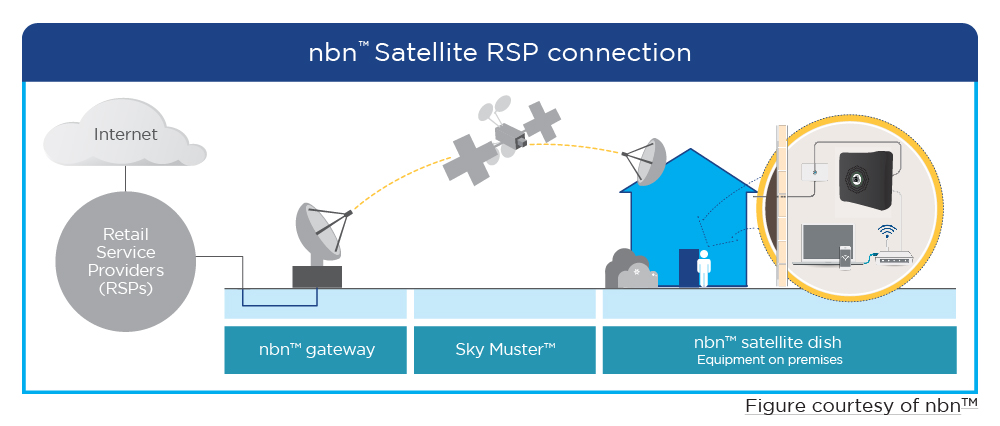
How do I order a service?
Services can be ordered now. To get connected:
- Check if you are eligible (nbn website)
- Choose a retail service provider (see ‘Choosing a retail service provider’) and plan that suits your needs (see ‘Choosing a plan that suits your needs’)
- Get Connected (see 'Getting Connected' for more information).
What services will work over Sky Muster?
Broadband services will work over Sky Muster.
You may be offered other services, such as phone services (called VoIP). See ‘Voice services’ for more details.
Existing phone and internet services delivered over copper, radio and wireless technologies will continue to be offered and you can keep these services.
IMPORTANT QUESTIONS TO CONSIDER AND ASK YOUR PROVIDER
- Can I use all my current services with this plan?
- How long will it take to get connected?
- What do I need to do to prepare my property for connection?
- Will my other satellite equipment be uninstalled at the same time?
- When will the billing start?
- What speed level will I get on average with this plan during peak and off peak hours?
- Apart from the monthly charge, what other fees do I need to pay?
- Do I need to purchase a new router?
- Can I get VoIP services? Is the router set to ensure quality voice services?
- How do I access my data tracking service?
- Will there be any additional charges for connecting or fault repairs?
- Is my property a standard installation? Can I cancel the service, without charge, if I am not a standard installation?
- Do you offer service guarantees for fault rectification and outages?
Will nbn be offering services for children’s education and community use?
Yes. Internet plans are available for distance education children. See ‘Remote and Isolated Communities and Distance Education’ for more information.
What do I do if something goes wrong?
You should contact your RSP if something goes wrong. See 'Interruptions, faults and repairs' for further information on what to do if something goes wrong and 'Who to contact, complaints and further information for contact details.
I am due to get satellite, but I would rather have fixed wireless. What are my options for alternative nbn networks?
If you wish to consider an alternative technology other than satellite, nbn offers a ‘technology choice’ program. There are two possibilities. The first is area switch. This is where a number of properties in an area collectively pay to receive a different technology. The second is individual switch, where one property pays to switch technology.
Both of these options can cost a significant amount of money. Costs range from a few hundred thousand dollars to millions of dollars, depending on the complexity and size of the switch required.
The presentations and transcripts of all M-Enabling Australasia 2013 sessions are now available. M-Enabling Australasia 2013, held on 14-15 August 2013, brought together the who's who of disability advocacy, policy makers, manufacturers, developers, service providers and consumers to discuss how to make technology more accessible for people with disability and older consumers.
What is a video on demand subscription service?
A video on demand subscription service provides consumers with the ability to watch videos online for a regular subscription fee, usually monthly. The term ‘videos’ can include TV shows and movies.
What accessibility features are common to playing videos online?
There are two main features that support the playback of online videos in an accessible way:
- Captions: this is the text version of speech and other sound that can be provided on videos. Captions can be either open (which means the captions are always on) or closed (which allows the consumer to turn the captions on or off).
- Audio description: this is when spoken narration is used to describe visual content. Narration is usually included between bits of dialogue and can be used to describe visual elements such as scenes, settings, actions and costumes.
In addition, the World Wide Web Consortium (W3C) has produced the Web Content Accessibility Guidelines (WCAG) 2.0 to make sure that creators of web and app content can include accessibility features such as captions, audio description and an accessible interface for assistive technology users. A simplified version of this standard is also available.
How do different subscription services compare?
According to research conducted by Curtin University in Perth, the following table highlights the five most popular subscription services in Australia and their accessibility as of mid-2016. More detail on these services are highlighted in other Tip Sheets.
| Provider | Captions? | Audio description? | WCAG 2.0 compliant? |
| Netflix Australia | Yes (most titles) | Yes (limited titles) | No |
| Stan | Yes (some titles) | No | No |
| Quickflix | Yes (few titles, difficult to identify) | No | No |
| Presto | No | No | No |
| Foxtel Play | No | No | No |
The video I want to play is not accessible. What are my consumer rights?
Currently there is no specific law in Australia that applies to the accessibility of subscription video on demand services. There are, however, some important facts to be aware of which may help support your viewing choices and can potentially provide an opportunity to raise concerns about this issue.
- Policies and legislation in the United States require high levels of accessibility in video on demand services. As such, USA-based services such as Netflix feature more accessibility and are likely to continue increasing their accessible content.
- Broadcast (‘free-to-air’) television in Australia is required to provide captioning under specific circumstances. As such, several cases have been lodged with the Australian Human Rights Commission arguing that online video should also be made accessible. This may result in improvements in the future for Australian-based services.
- While there is no specific Australian law that relates to the inclusion of accessibility in content delivered online, Section 24 of the Disability Discrimination Act 1992 does require that information should be provided to people with disabilities, and this is what has formed the basis for legal challenges.
- Some video on demand subscription providers such as Presto and Foxtel Play have community boards which can provide a mechanism to complain directly to the provider if there is a lack of access.
- Audio described content has been trialled in Australia on the ABC broadcast service and ABC iview free streaming service, suggesting that there is some progress being made in increasing the awareness of online audio described content in Australia.
The operation of the Australian Communications Consumer Action Network is made possible by funding provided by the Commonwealth of Australia under section 593 of the Telecommunications Act 1997. This funding is recovered from charges on telecommunications carriers.

Sky Muster satellites were purpose-built to provide a fast broadband connection to Australian homes and businesses, so it is expected to perform to a higher standard than previous satellite services.
With Sky Muster services you will be able to take advantage of a broader range of services available over the internet, such as listening to radio, data voice calls (called Voice over IP or VoIP), tele-health and streaming movies as well as checking email, browsing the internet, banking online, and accessing government websites.
Note: Care must be taken with activities requiring high levels of data to ensure usage caps are not exceeded.
Are there things I will not be able to do?
Due to the distance of the satellite, services which require instant communication may not be as responsive as an earth based network. This time delay is called latency. Activities such as voice calls and online auctions may be affected.
Will Sky Muster work during all weather conditions?
Sky Muster, like all satellite services, is affected by weather conditions. The weather at your house and at the ground station, such as rain, storms, cloud cover and dust may all affect services. nbn has specially designed the dishes to adapt to different circumstances, such as storms. However, you might experience lower performance levels during some weather conditions and there may be periods where the service does not work.
You should be aware of this if Sky Muster is your only source of communication. Alternative options should be considered in cases of emergencies.
Will speeds and performance on Sky Muster be better than previous services?
It is expected that services will perform better and be more reliable. Sky Muster is offering two speed levels: up to 12/1Mbps and 25/5Mbps. This is faster than current satellite services, which offer up to 6Mbps.
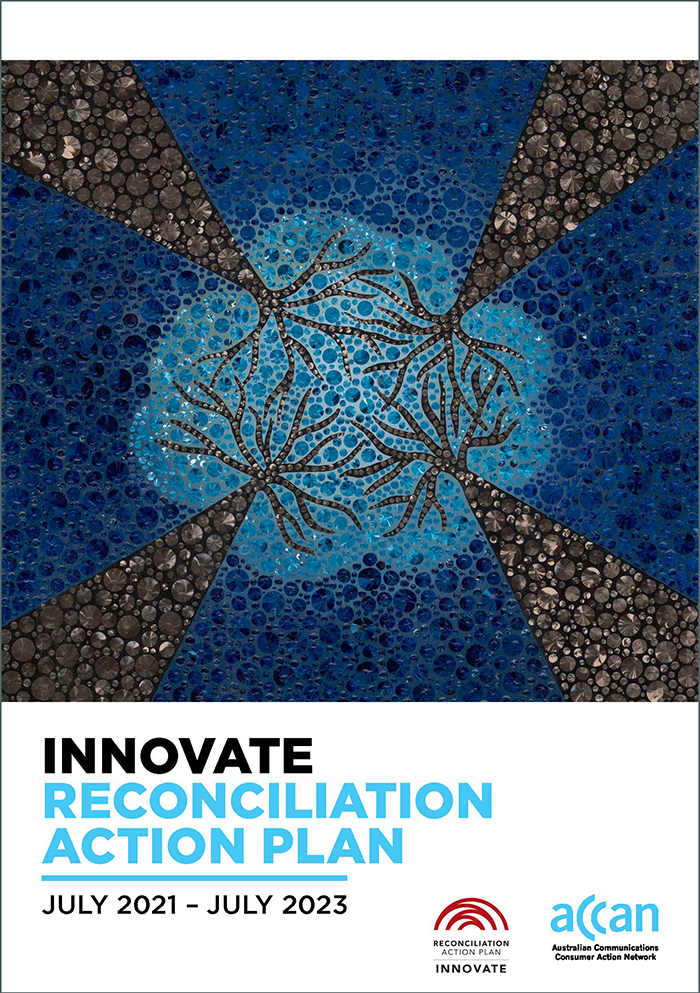 Through our Reconciliation Action Plan (RAP), ACCAN aims to:
Through our Reconciliation Action Plan (RAP), ACCAN aims to:
- build and maintain positive relationships and partnerships with Aboriginal and Torres Strait Islander peoples and communities;
- ensure Aboriginal and Torres Strait Islander members and/or employees of ACCAN are valued for their unique perspectives and experiences;
- support story telling as a culturally important form of communication for Aboriginal and Torres Strait Islander peoples;
- assist in reducing the digital divide for Aboriginal and Torres Strait Islander peoples;
- demonstrate culturally safe engagement with Aboriginal and Torres Strait Islander communities.
Download: ![]() ACCANect Program55.75 KB
ACCANect Program55.75 KB
Download: ![]() ACCANect Program5.23 MB
ACCANect Program5.23 MB
All videos and presentations have been uploaded in the form provided to ACCAN. Where a video is not captioned unedited transcripts as captured on the day are provided. ACCAN endeavours to supply all materials in an accessible format and will update this page with more accessible versions as they become available.
Background
The digital world can be very complex and challenging for consumers to navigate. ACCAN’s goal is available, affordable and accessible communications services for all Australians. As part of the National Year of Digital Inclusion, the ACCANect Conference focused on how to empower consumers to get and stay connected to the phone and broadband services they need.
ACCANect provided opportunities for consumers, providers and government representatives to get up to speed on what’s available now and what’s over the horizon.
The Australian Communications Consumer Action Network (ACCAN) believes that consumers need more information on broadband speeds and that this information should be clear and presented upfront. Broadband performance issues are the highest growing area of consumer complaints to the Telecommunications Industry Ombudsman, and ACCAN is regularly contacted by consumers about unusable broadband services.
ACCAN’s submission to the ACCC’s consultation on broadband speed claims highlights that information provided to consumers about broadband speeds is often confusing and can also be misleading as claimed speeds frequently don’t match reality.
Read more: Consumers need clear information about broadband speeds
Northern Melbourne Institute of TAFE
Grant round: 2013
Royal Melbourne Institute for Technology (RMIT)
Grant round: 2013
Read more: Warrnambool Exchange Fire Consumer Impact Analysis

![]() Download: Business Continuity Plan61 KB
Download: Business Continuity Plan61 KB
![]() Download: Business Continuity Plan310.03 KB
Download: Business Continuity Plan310.03 KB
What is a 'Business Continuity Plan' (BCP)?
It is a fact of life that emergencies will happen, and computer and communications systems will fail. To minimise the problems for your business it is advisable to have a business continuity plan which:
- Outlines what you have done in advance to prevent interruptions to vital services
- Lists the steps you and staff will take during an interruption to continue operations
- Lists the steps you will take to fully restore services after an interruption
- Sets up a Post Incident Review (PIR) after an interruption has occurred
Sample BCPs are available on the internet where you will also find sites that have extensive instructions on their construction and implementation.
Read more: Preparing your organisation's Business Continuity Plan
Write comment (0 Comments)
![]() Fixed Voice Continuity Plan.pdf409.05 KB
Fixed Voice Continuity Plan.pdf409.05 KB
![]() Fixed Voice Continuity Plan.doc71.5 KB
Fixed Voice Continuity Plan.doc71.5 KB
Your business landline (fixed voice service) can be a critical business asset. If your fixed voice service failed, would your business continue to operate effectively?
Back-up (or failover) solutions for fixed voice services vary considerably depending on the size of your organisation and the purposes for which you use these services. Most small businesses are highly dependent on their fixed voice services so a continuity plan is important.
To minimise risk to your business from failure of your fixed voice services you should:
- Perform a 'risk assessment' for your business's use of telecommunications
- Obtain the most reliable fixed voice service that you can afford – to match the level of risk.
- Write an action plan for what you would do in the event of a disruption to this service (outage)
Read more: Preparing your organisation’s Fixed Voice Business Continuity Plan
Write comment (0 Comments)![]() Download: Broadband Continuity Plan74 KB
Download: Broadband Continuity Plan74 KB
![]() Download: Broadband Continuity Plan252.67 KB
Download: Broadband Continuity Plan252.67 KB
Your broadband service can be a critical business asset. If your broadband service failed, could your business continue to operate effectively?
To minimise the risk you are advised to:
a) Perform a risk assessment for your business use of broadband
b) Obtain the most resilient broadband service that you can afford – to match the level of risk.
c) Write an action plan of what you would do if you broadband failed (outage)
Read more: Broadband Continuity Plan
Write comment (0 Comments)Government ICT Purchasing: What differences do accessibility criteria make for people with disabilities? is a project undertaken by Dr Will Tibben of the University of Wollongong and Gunela Astbrink of GSA Information Consultants that collected the latest available information about accessibility in ICT government purchasing in OECD countries and examined steps that need to be taken for ICT public procurement in Australia. The project was funded under the 2011 round of the ACCAN Grants Scheme.
 Download:
Download: ![]() How to choose a pre-paid calling card55.5 KB
How to choose a pre-paid calling card55.5 KB
Download:![]() How to choose a pre-paid calling card300.88 KB
How to choose a pre-paid calling card300.88 KB
Pre-paid calling cards can be a cheap way to make international calls and many offer good value for money. But, be warned, there are also many cards you should avoid buying because of hidden fees and charges.
Read more: How to choose a pre-paid calling card
Write comment (0 Comments)Peak telecommunications consumer group ACCAN says customers who want swift action for the Vodafone network’s service outages in 2010 and 2011 should contact the Telecommunications Industry Ombudsman (TIO).
Read more: Vodafone customers should go to TIO if they want swift action on complaints
Only one household out of 30 in the Kwale Kwale, Mungalawuru, and Imangara communities in Central Australia is connected to the internet.
The Home Internet for Remote Indigenous Communities provides a baseline study of communication use in these three remote communities. It includes an overview of existing policies, demonstrating the significance of the intersection between communications and social policy for indigenous consumers living in remote communities.

Download: ![]() How to avoid directory assistance call charges64.5 KB
How to avoid directory assistance call charges64.5 KB
Download: ![]() How to avoid directory assistance call charges443.87 KB
How to avoid directory assistance call charges443.87 KB
Did you know that calls to Directory Assistance 1223 and other directory phone numbers may not be free of charge from your mobile or landline phone? Sometimes these calls are charged outside of your included plan value, so you may receive extra charges on your bill from calling these numbers.
Whenever possible, you should avoid calling directory assistance numbers and instead use one of the alternatives listed below.
Read more: How to avoid directory assistance call charges
Write comment (0 Comments)
With Optus and Vodafone losing customers to Telstra and the arrival of the iPhone 6 there is a price war brewing in telco land. As the dust settles on the opening barrage we'll sift through the rubble and see if there are any good deals to be had.
Read more: Waive goodbye to early termination fees?
Write comment (0 Comments)Ensuring the security of multiple online accounts might seem like a big task, but it is important you do not use the same password for all of your accounts.
Data breaches of well-known websites are becoming more common, and using the same password across multiple accounts puts you at risk of cyber-criminals accessing your banking, social media accounts and other personal information.
Here are some tips for creating strong, unique passwords that will keep your personal information safe online:
Read more: Creating strong, safe passwords
Write comment (1 Comment)People experiencing homelessness in Sydney and Melbourne have a higher rate of mobile phone ownership than Australians generally, new University of Sydney research shows.
While 92 per cent of Australians own a mobile phone, an even higher proportion – 95 per cent – of the adults, youth and families surveyed own a mobile. More than three quarters (77 per cent) of these have a smartphone, compared to around two thirds (64 per cent) of the general population. The survey found wide variation in the models and ages of the phones owned by the respondents. Almost half (41 per cent) reported that their phone was a gift, second-hand, stolen or borrowed.
Read more: 95 per cent of homeless surveyed own a mobile but access not guaranteed
Financial hardship happens when you are unable to meet repayment obligations for a service that you're using. Basically, you're finding it hard to pay one or more of your bills.
When people sign up to a plan or service, they're usually confident they'll be able to pay the bill. Unfortunately later, due to an unexpected event or circumstance, they are unable to pay anymore. In other cases, there are those that are unable to afford the bill from the beginning. These situations are all covered by the term 'financial hardship'.
If you find yourself unable to pay you will need to tell your telephone, mobile or internet provider you are experiencing "financial hardship". The company's customer service representative can then offer you the help you need.
 No one wants to be misunderstood
No one wants to be misunderstood
ACCAN is calling on all Government agencies, politicians, political parties and any other organisations that post videos online to ensure their videos have readable captions. It is especially important for politicians, political parties and government agencies to ensure that online video have captions that people can understand in the lead up to the 2016 Federal Election. Find out more about communications consumer priorities for 2016 on ACCAN's Election webpage.
Read more: Captioning videos on YouTube and Facebook
Write comment (0 Comments)



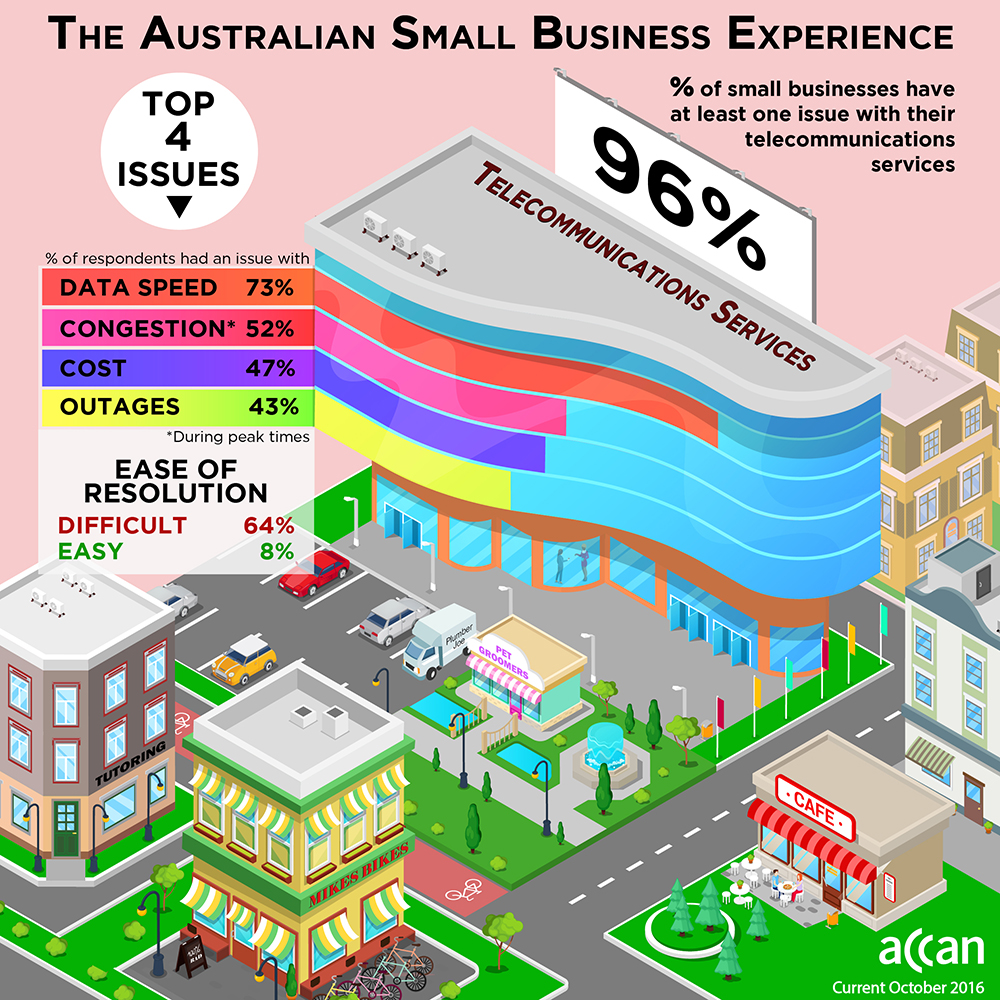
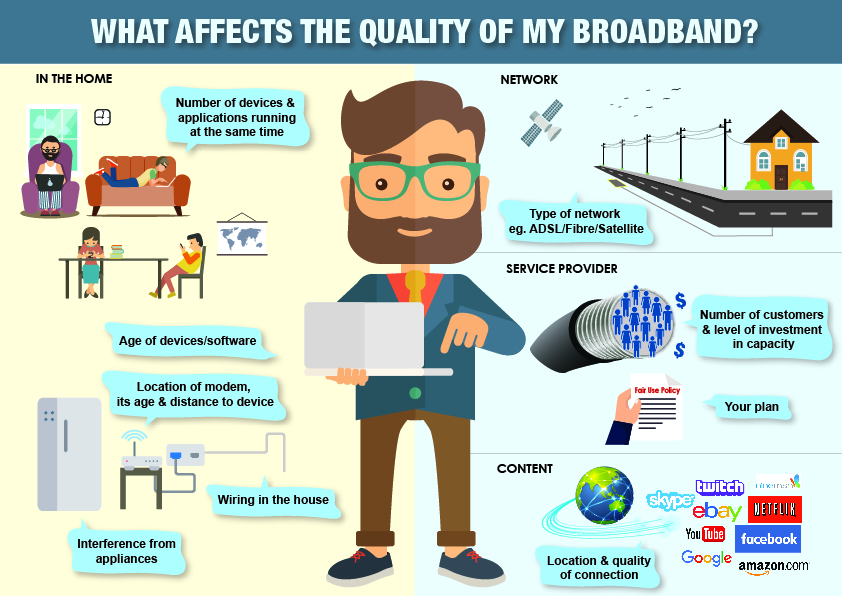



![Download our free Social Media e-book [opens in a separate tab] Download our free Social Media e-book [opens in a separate tab]](/images/banners/ebook2.png)


